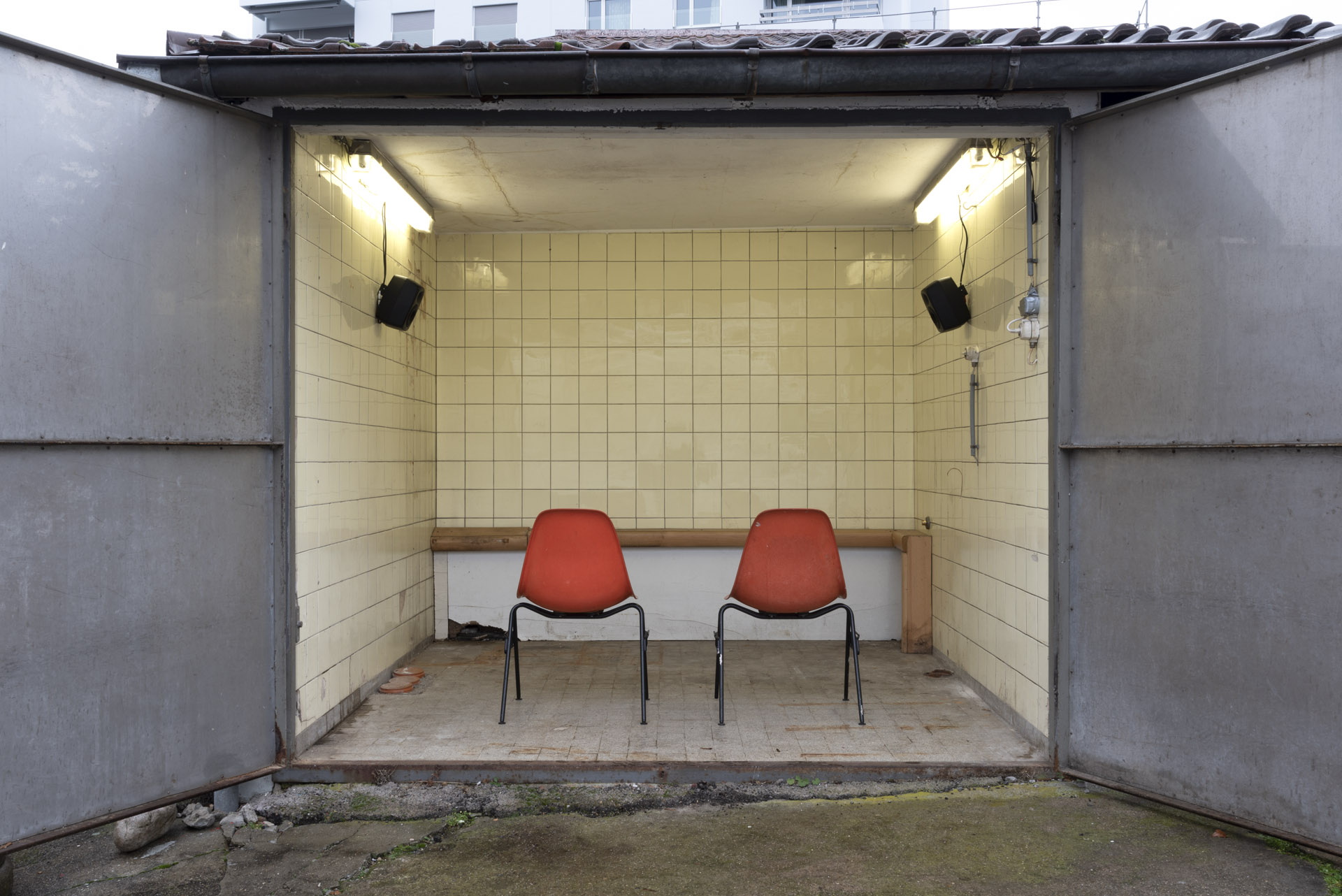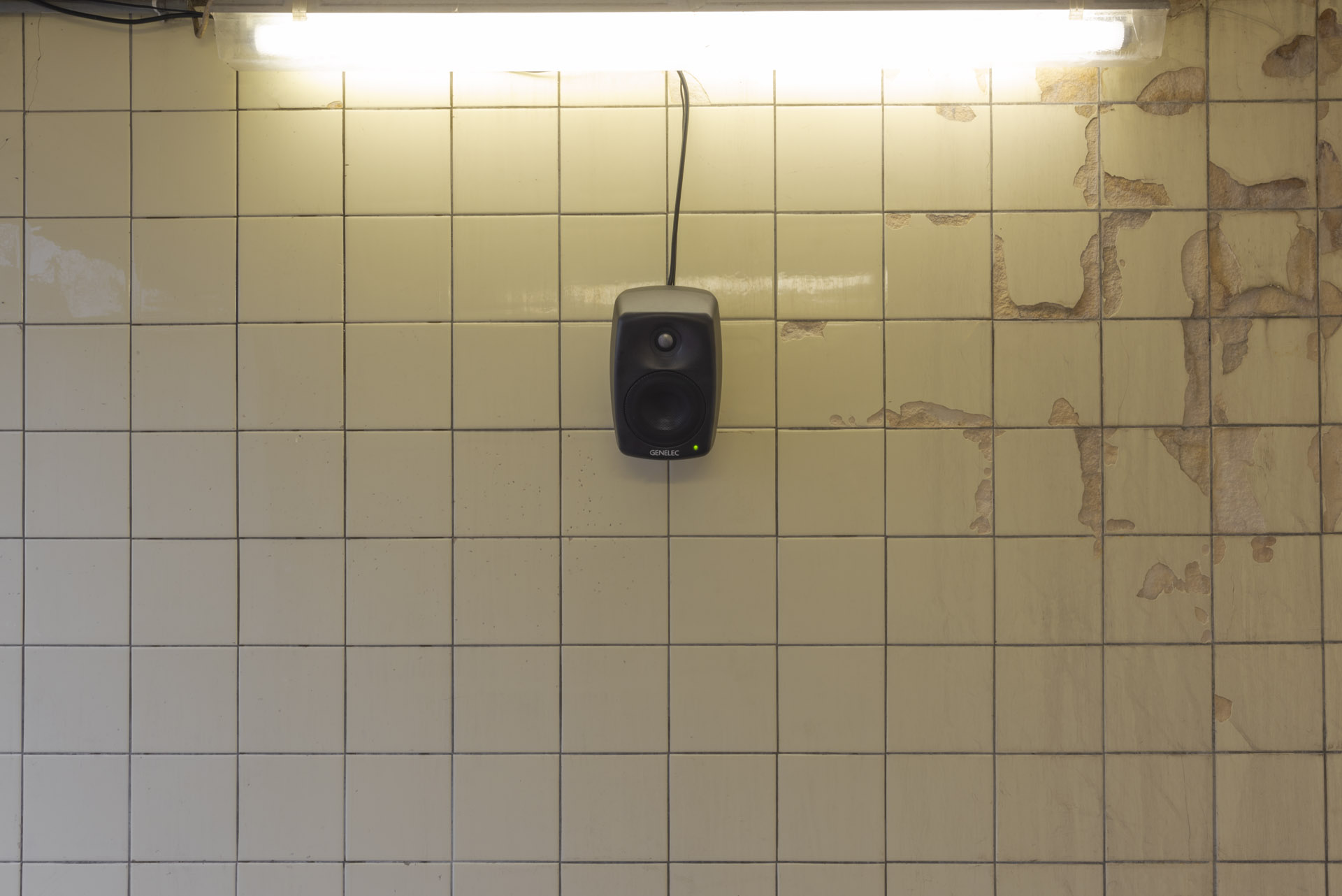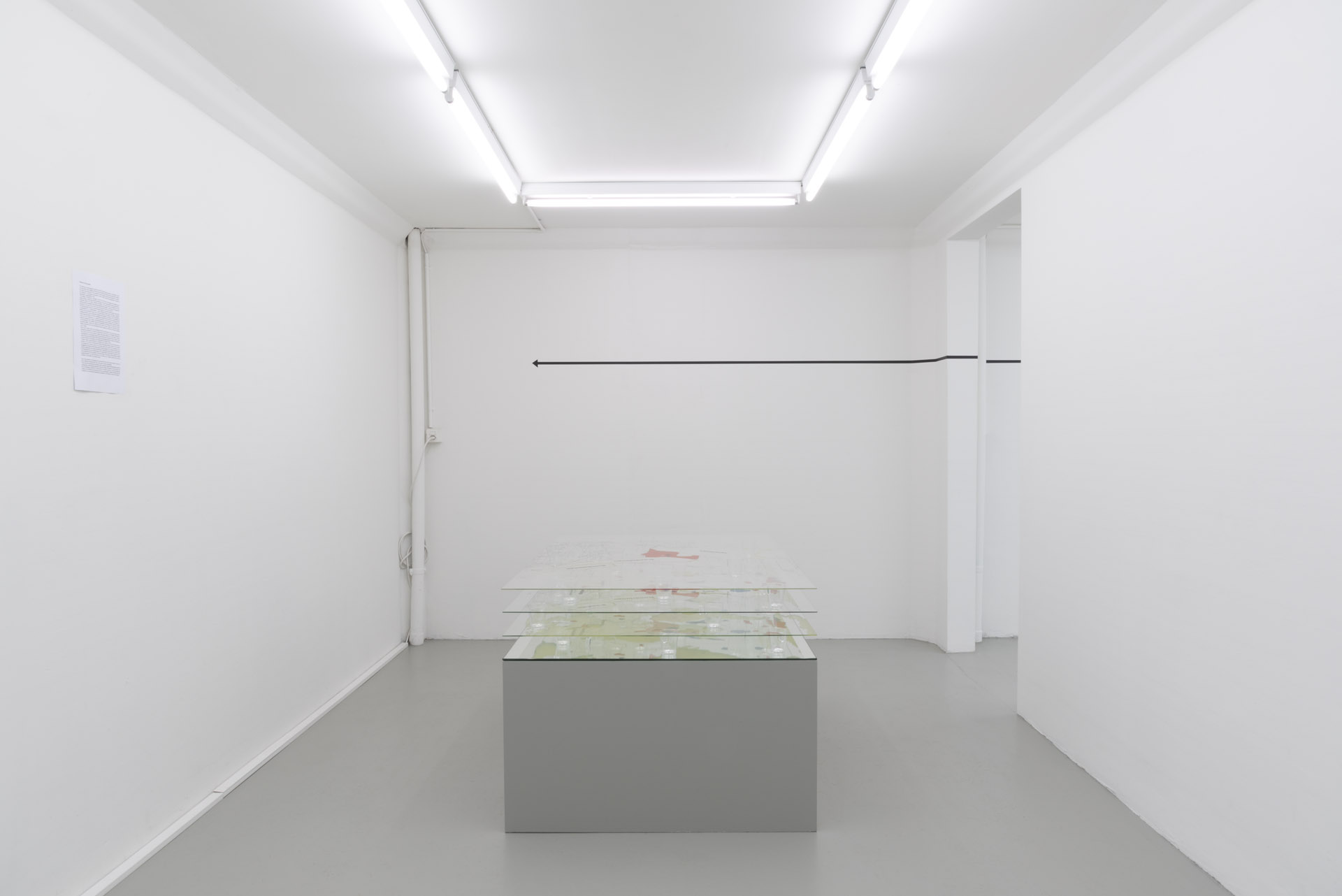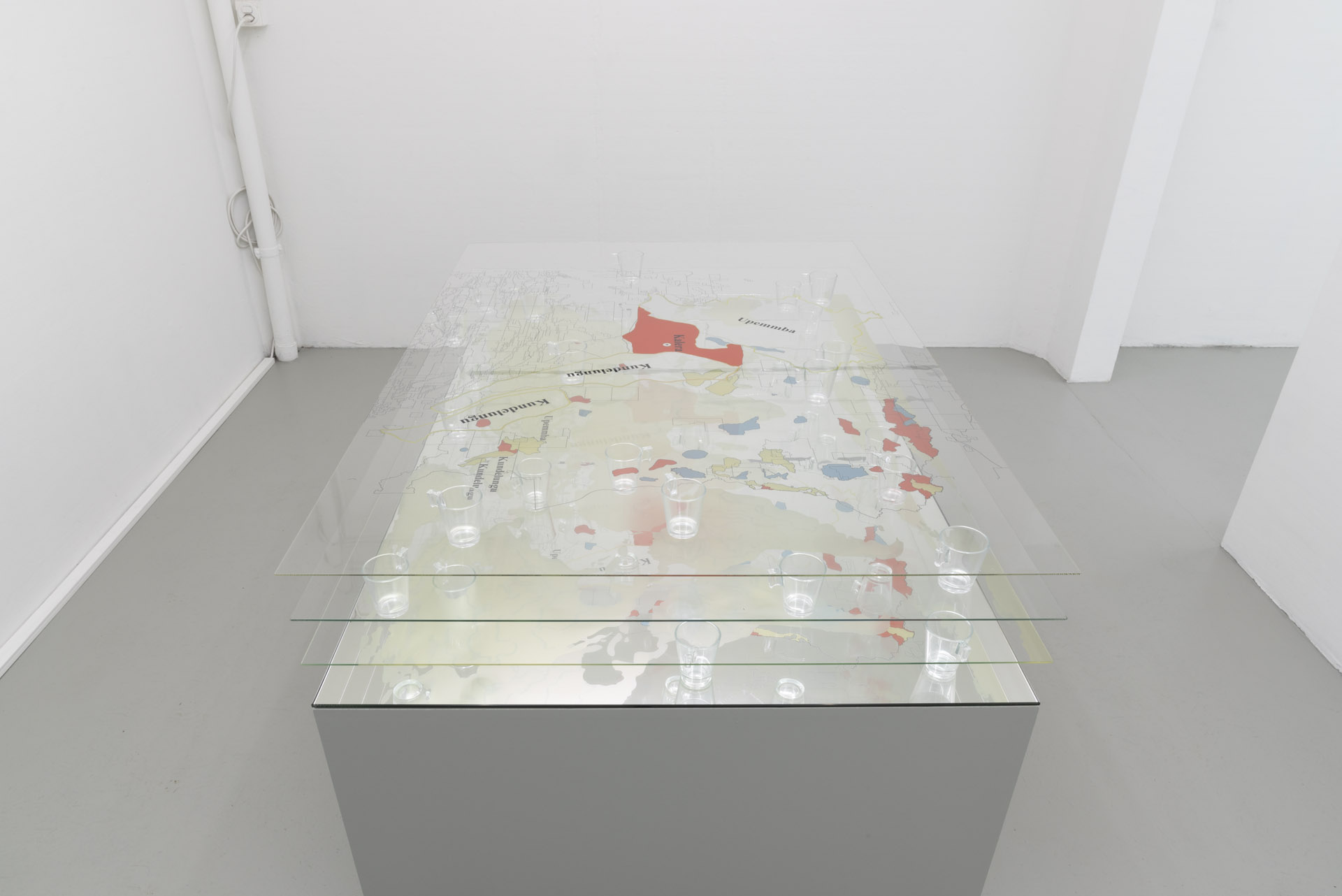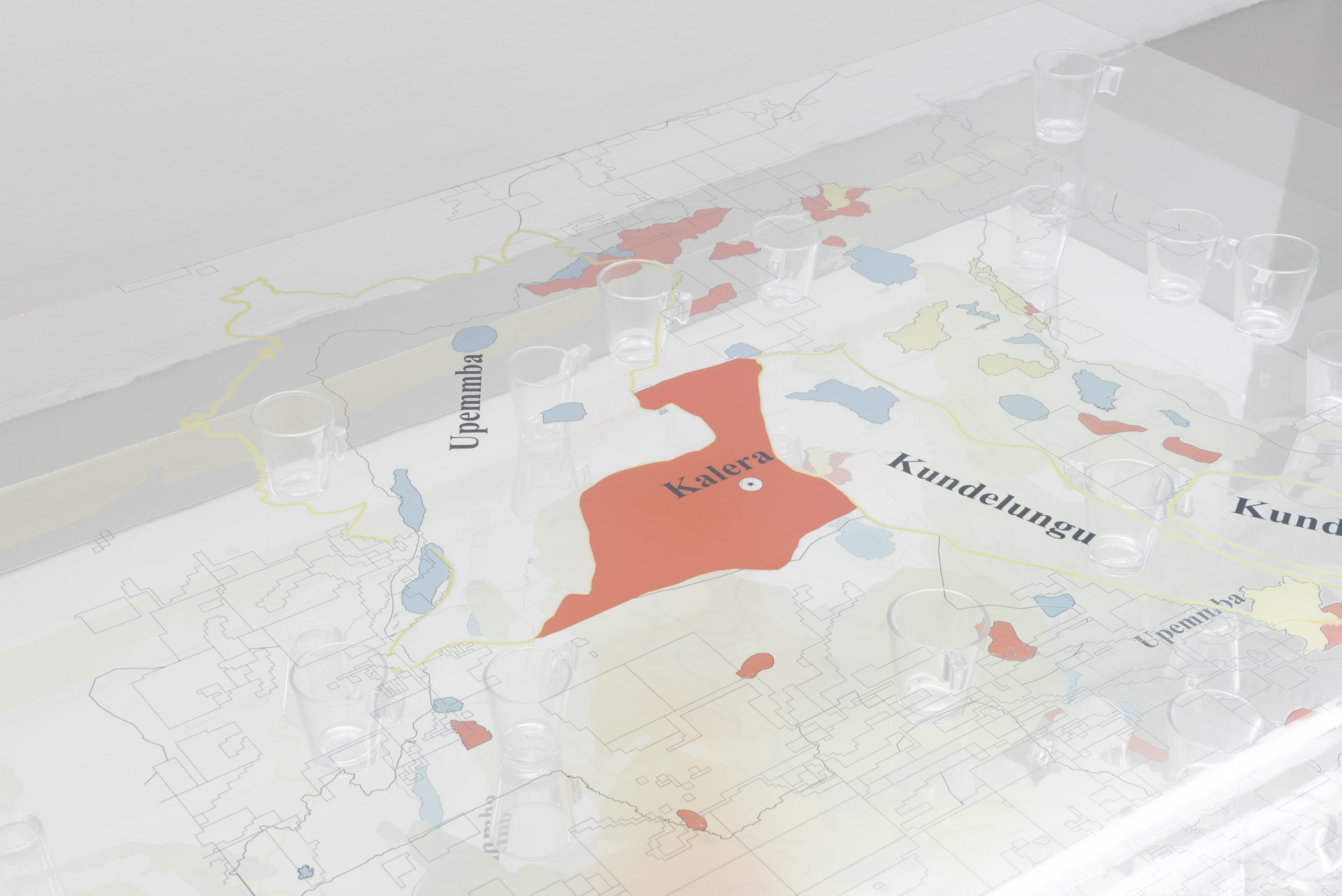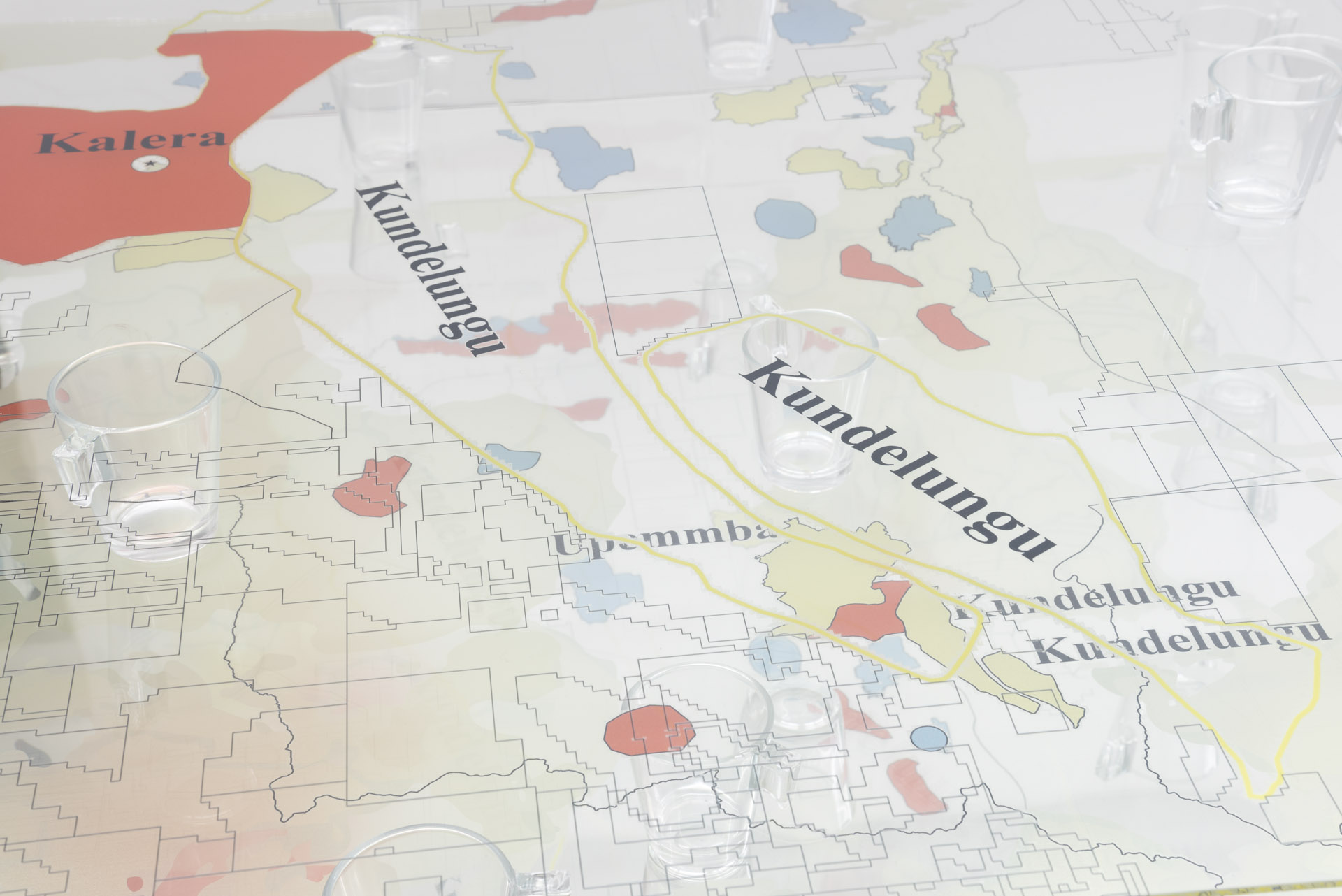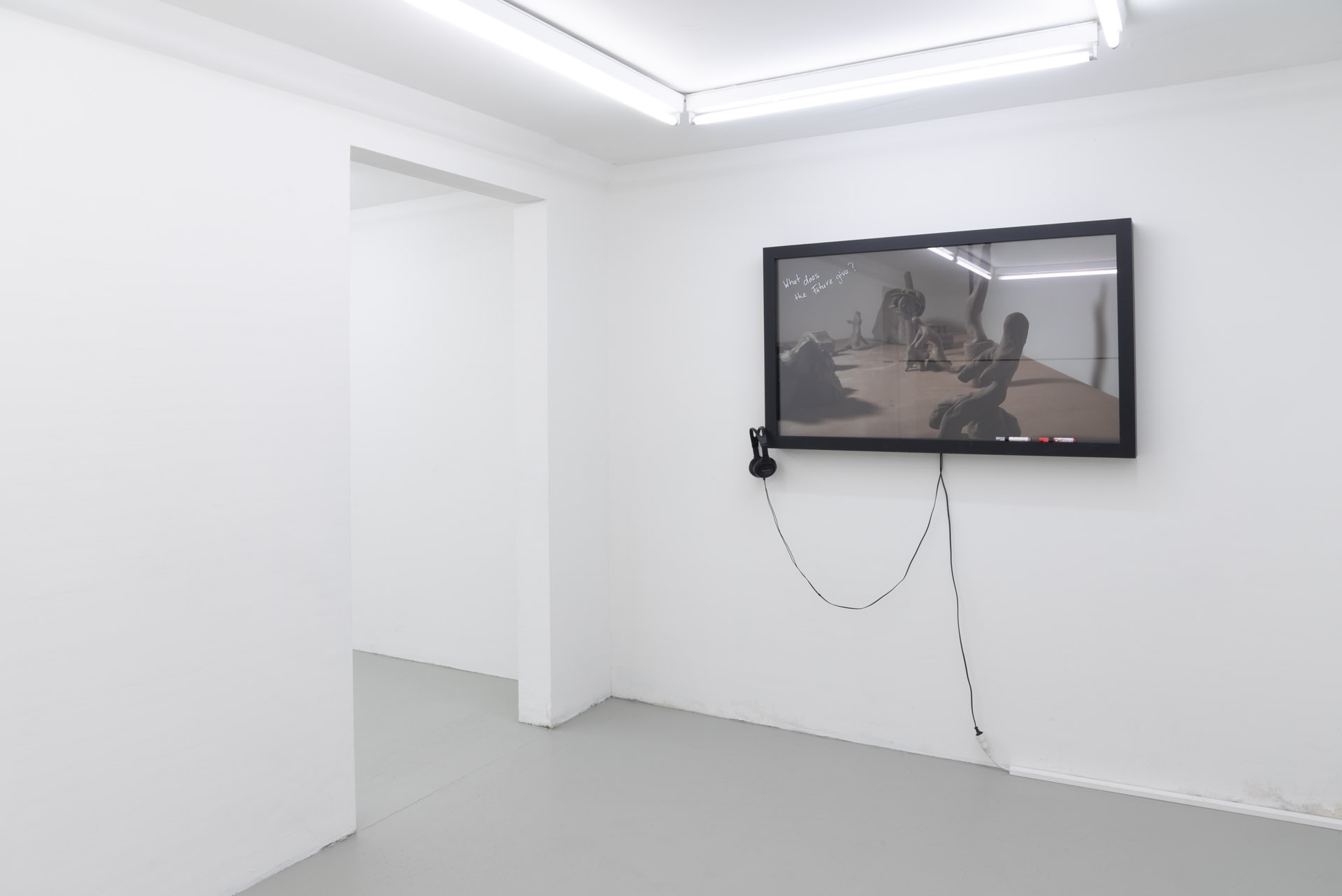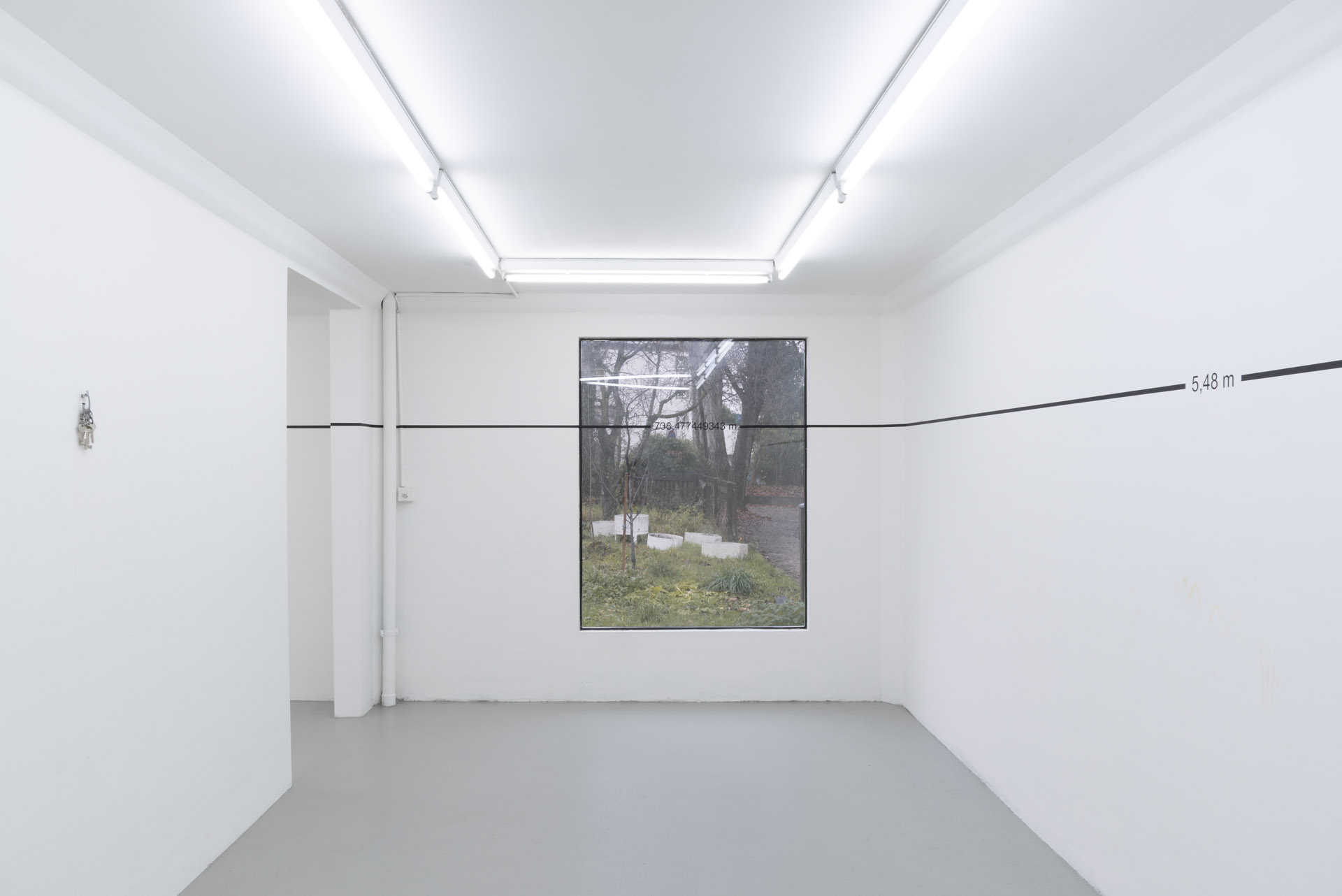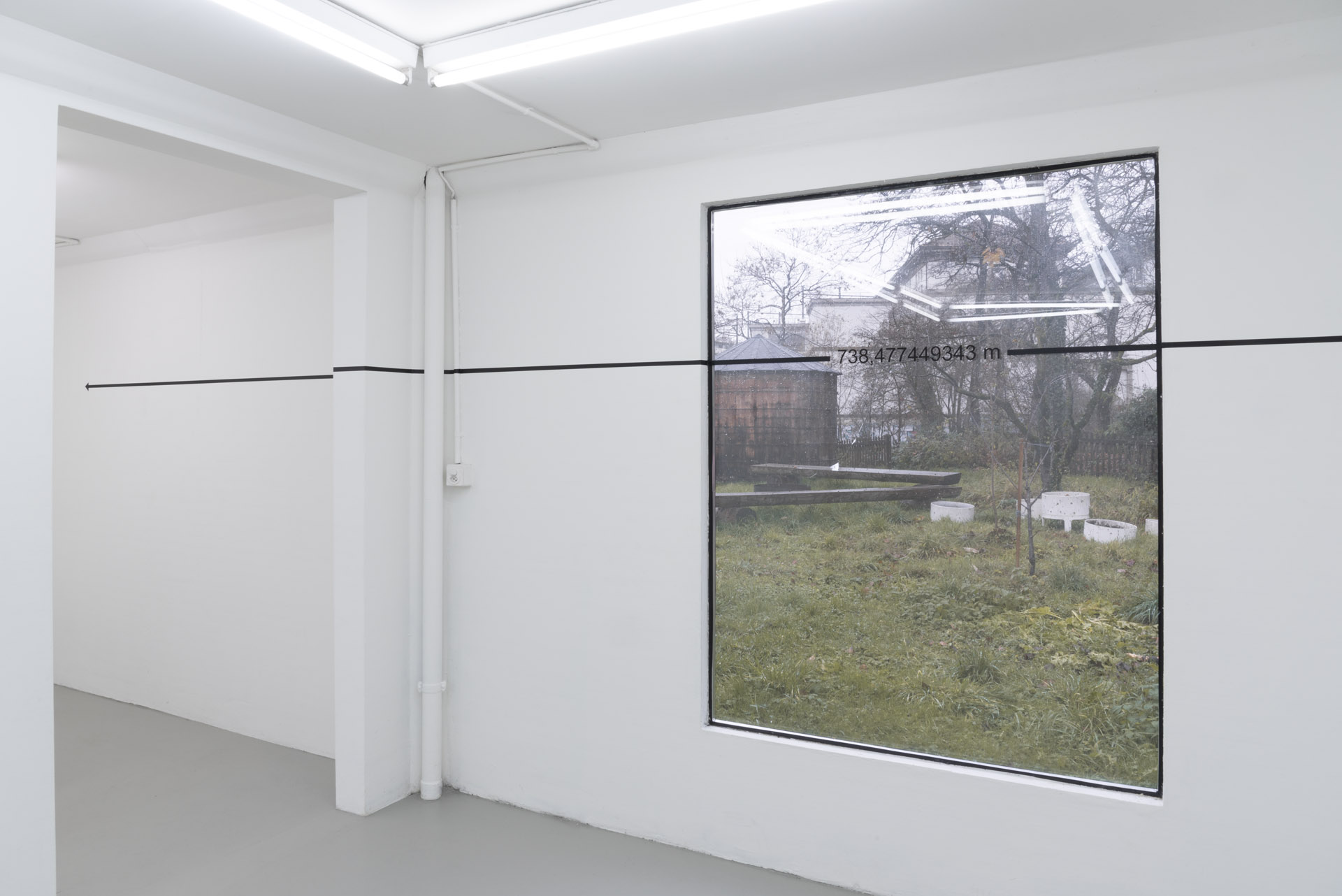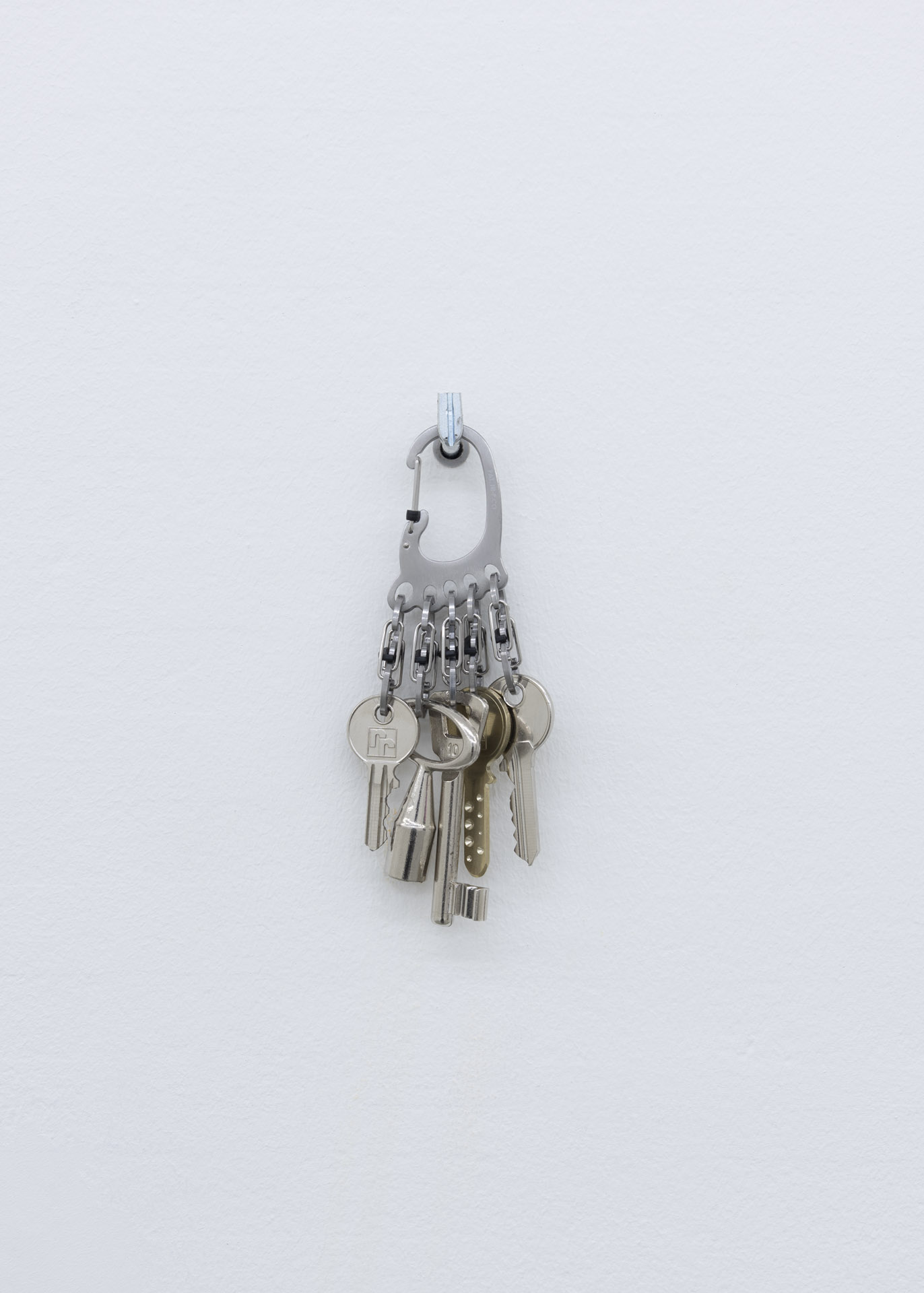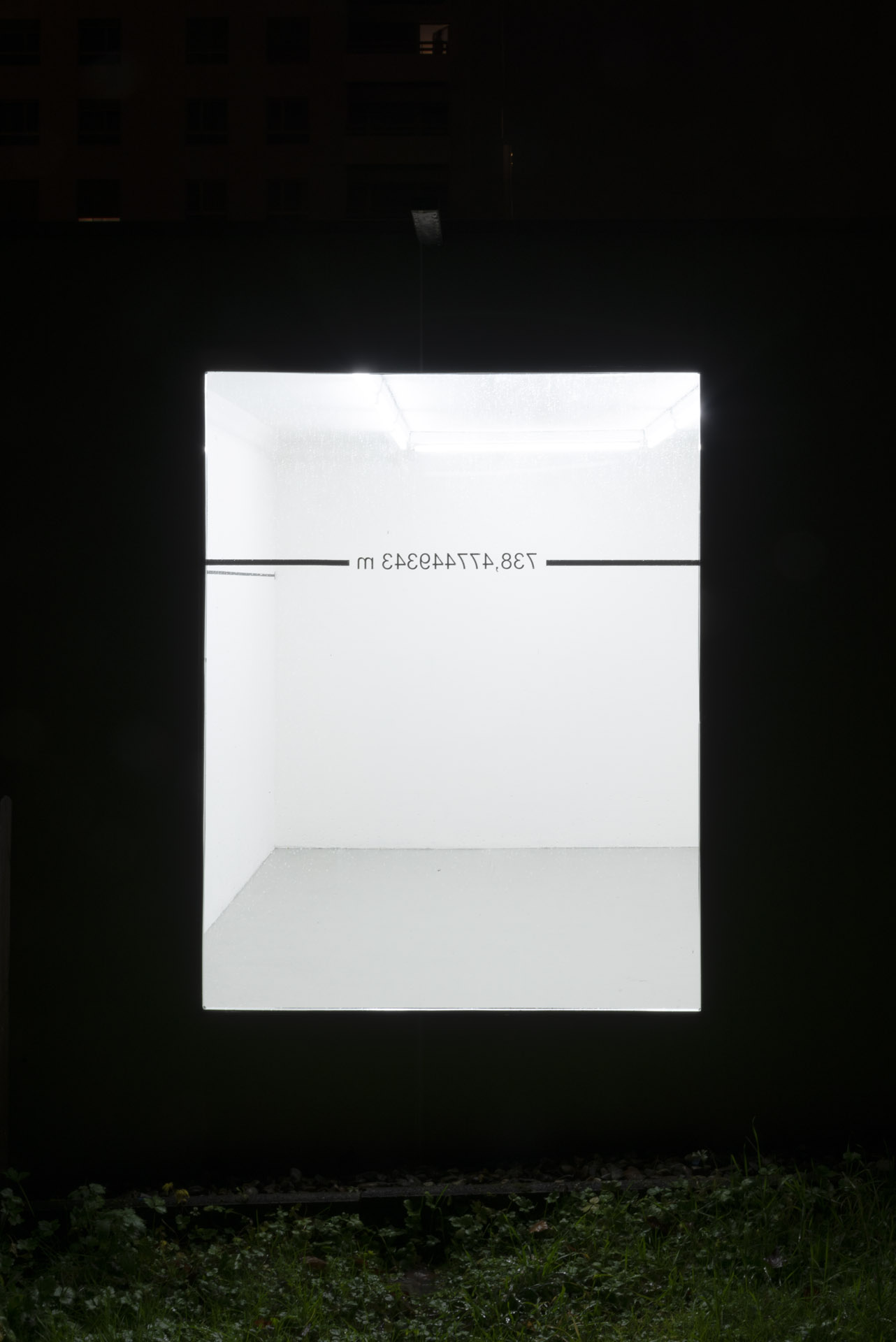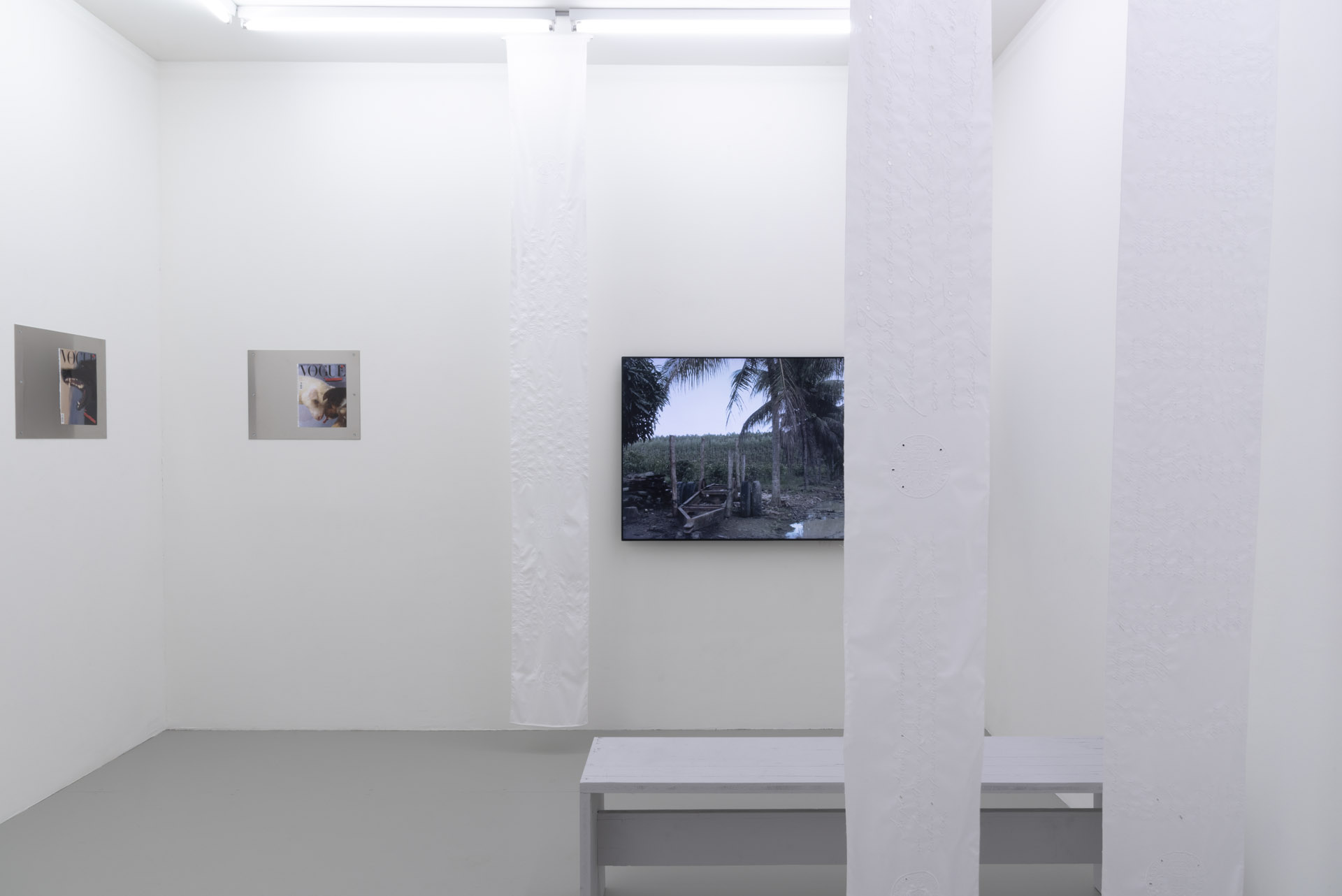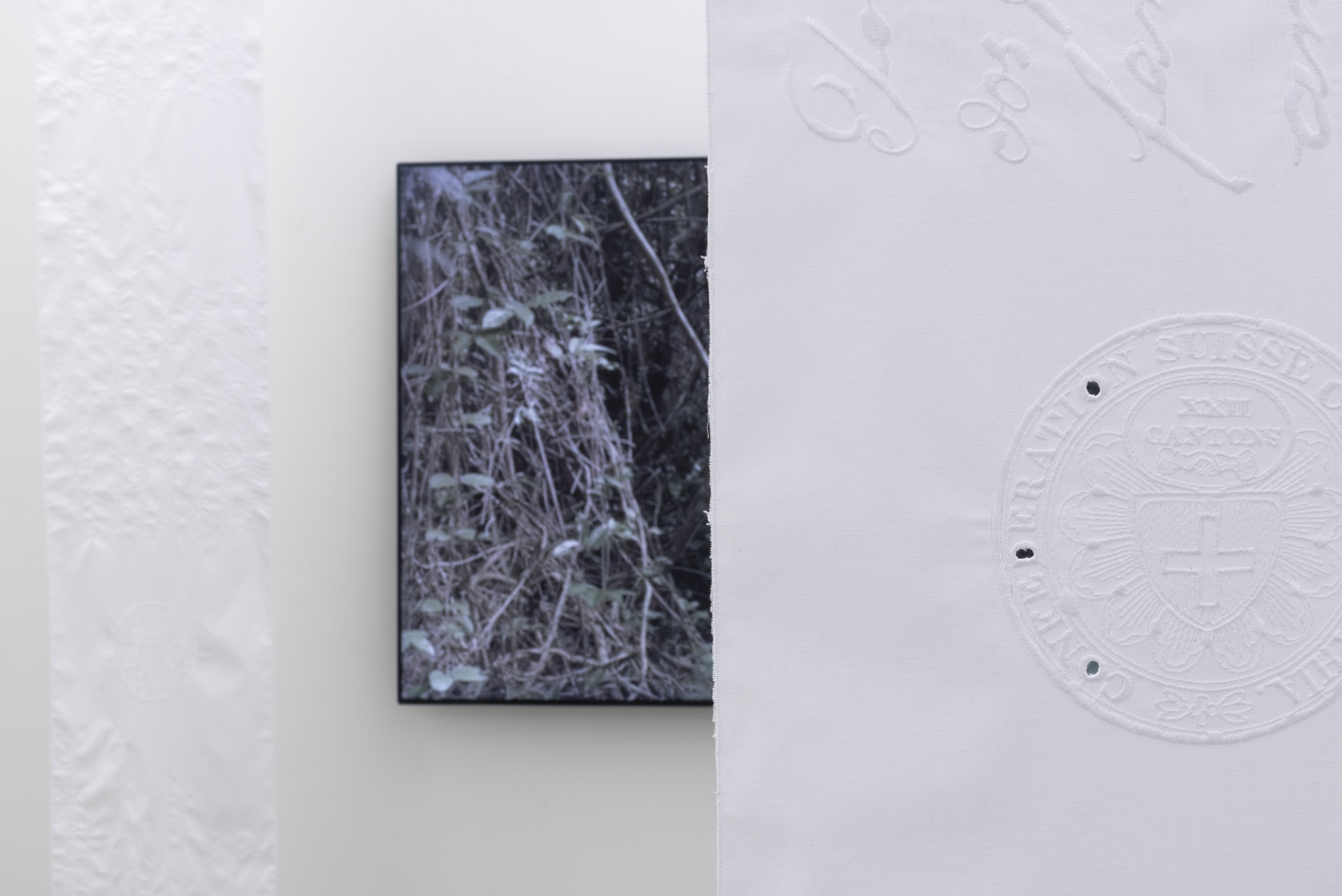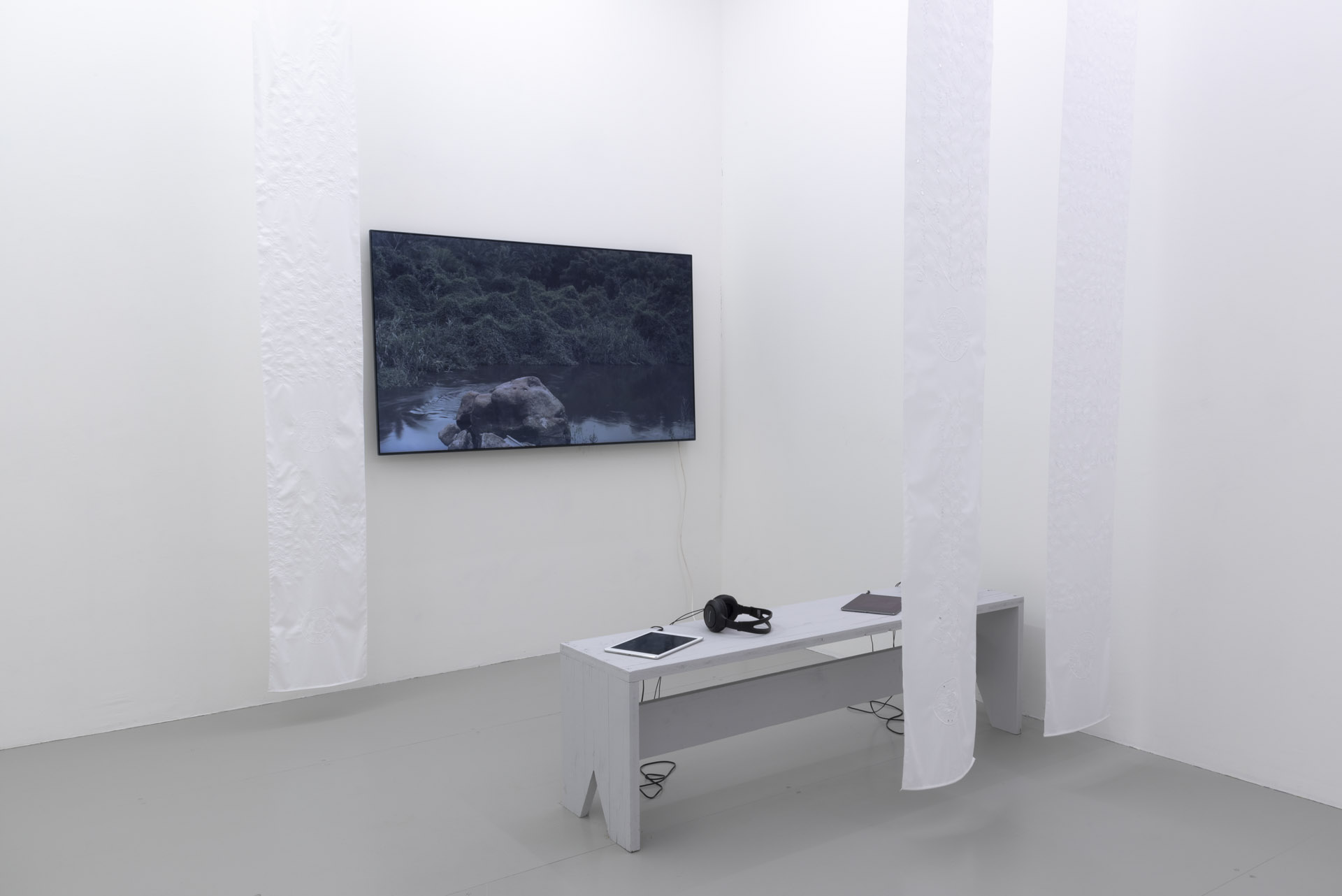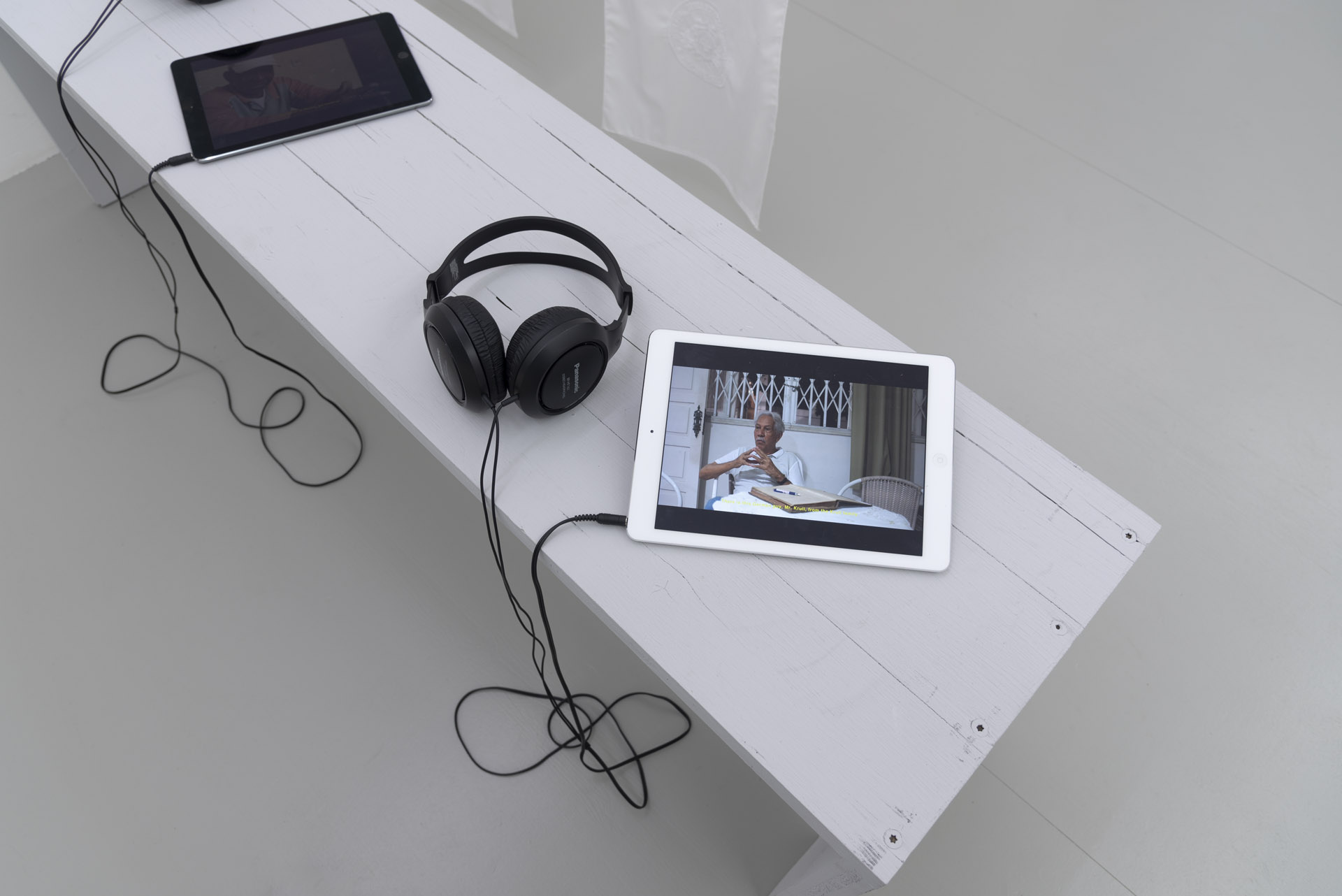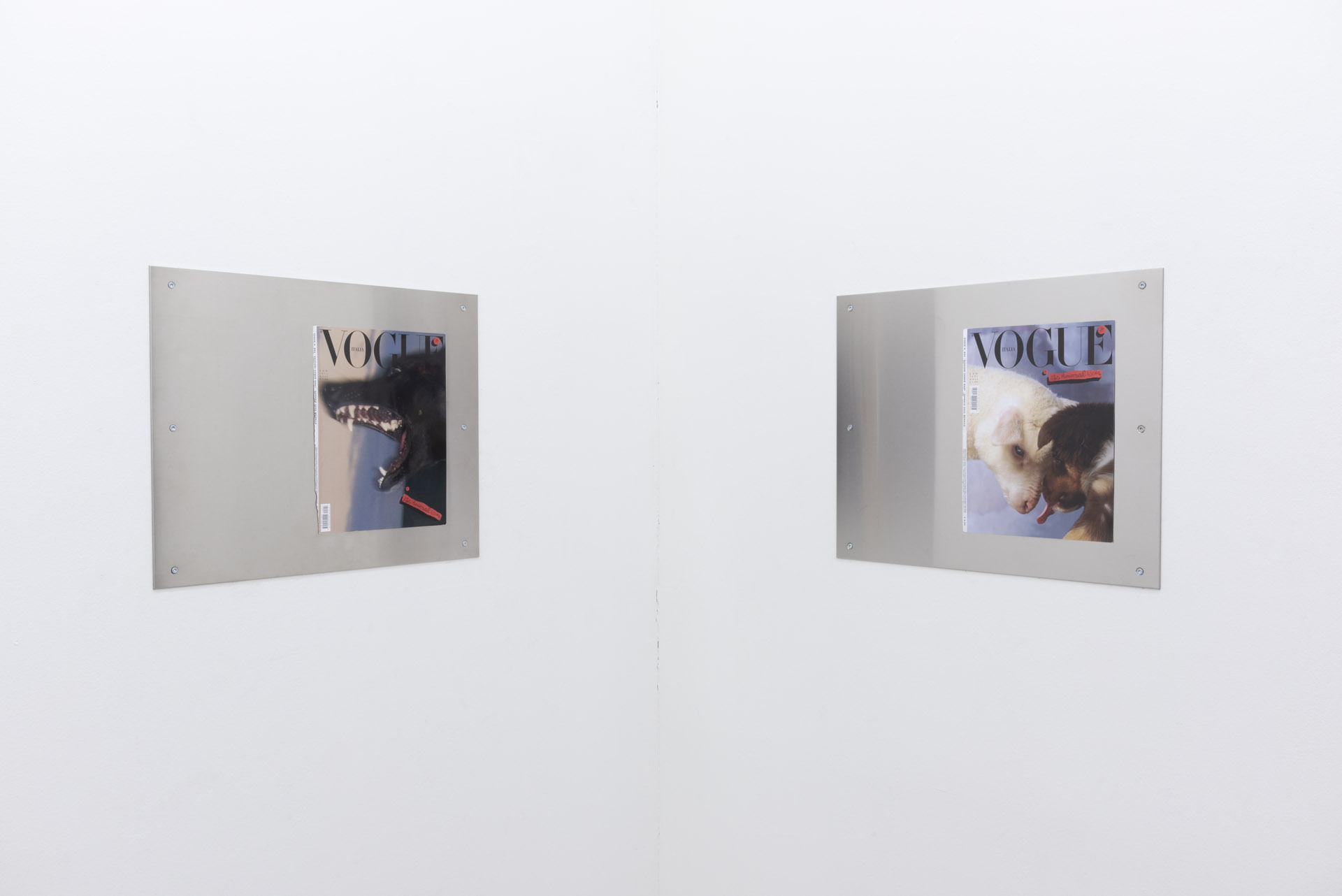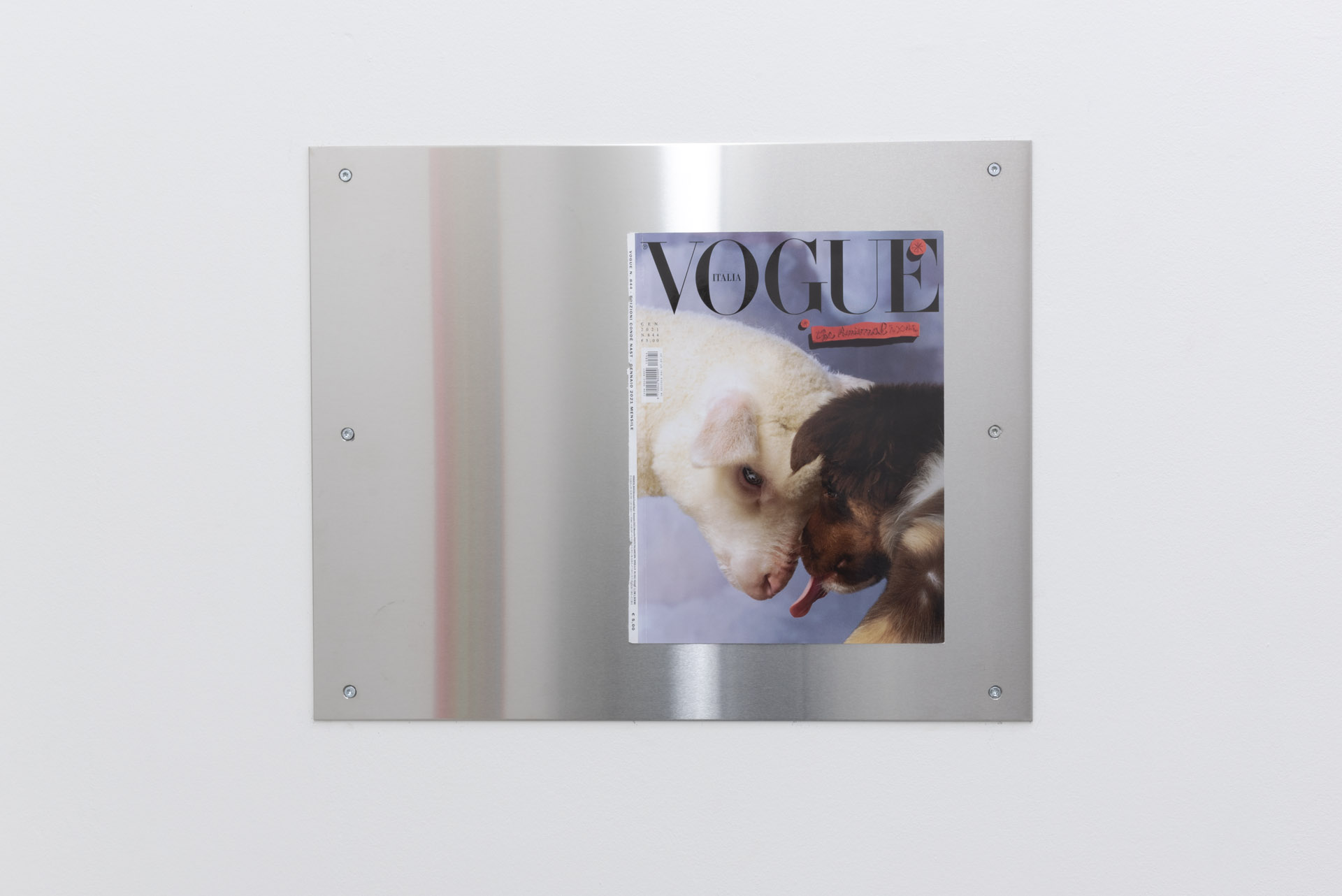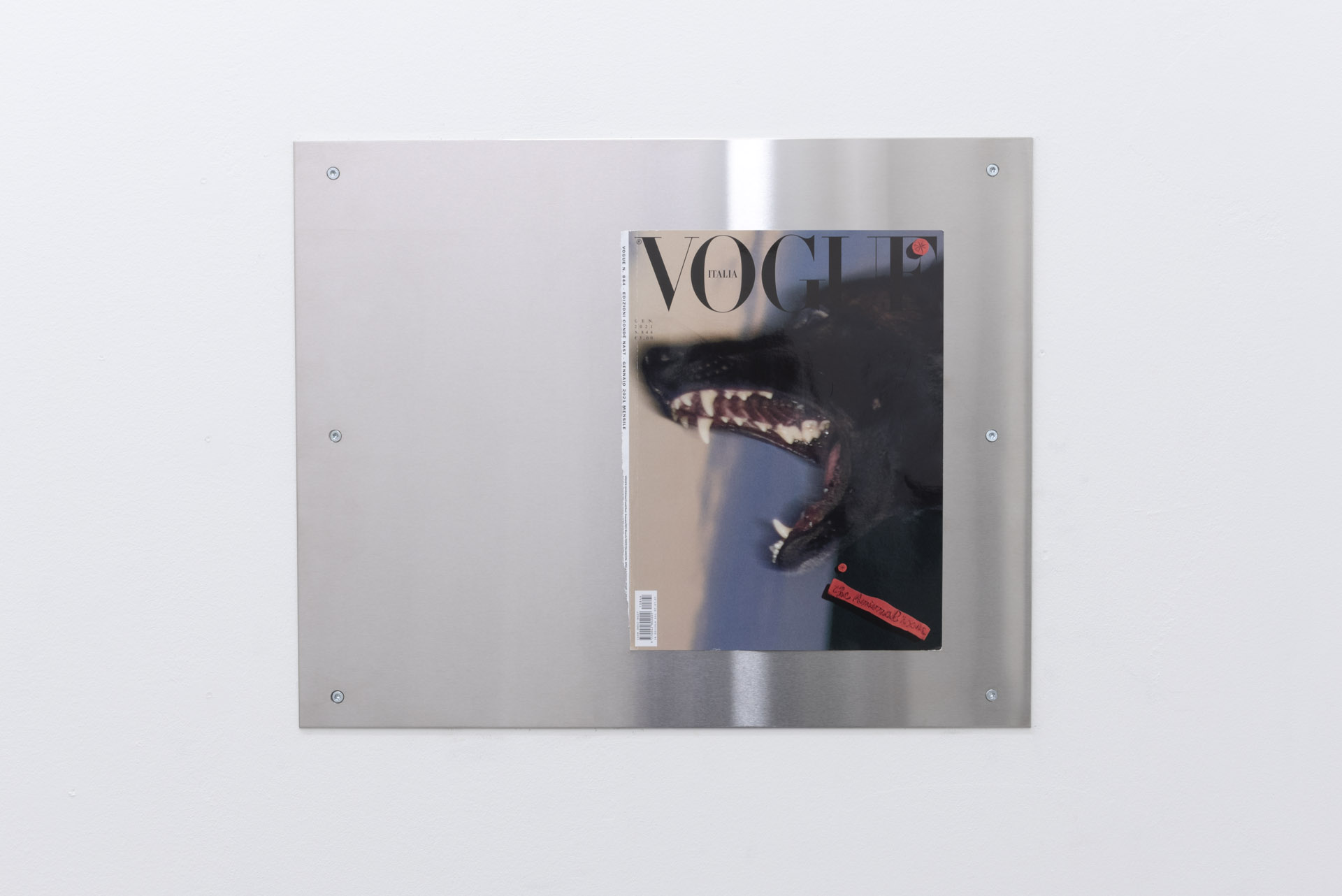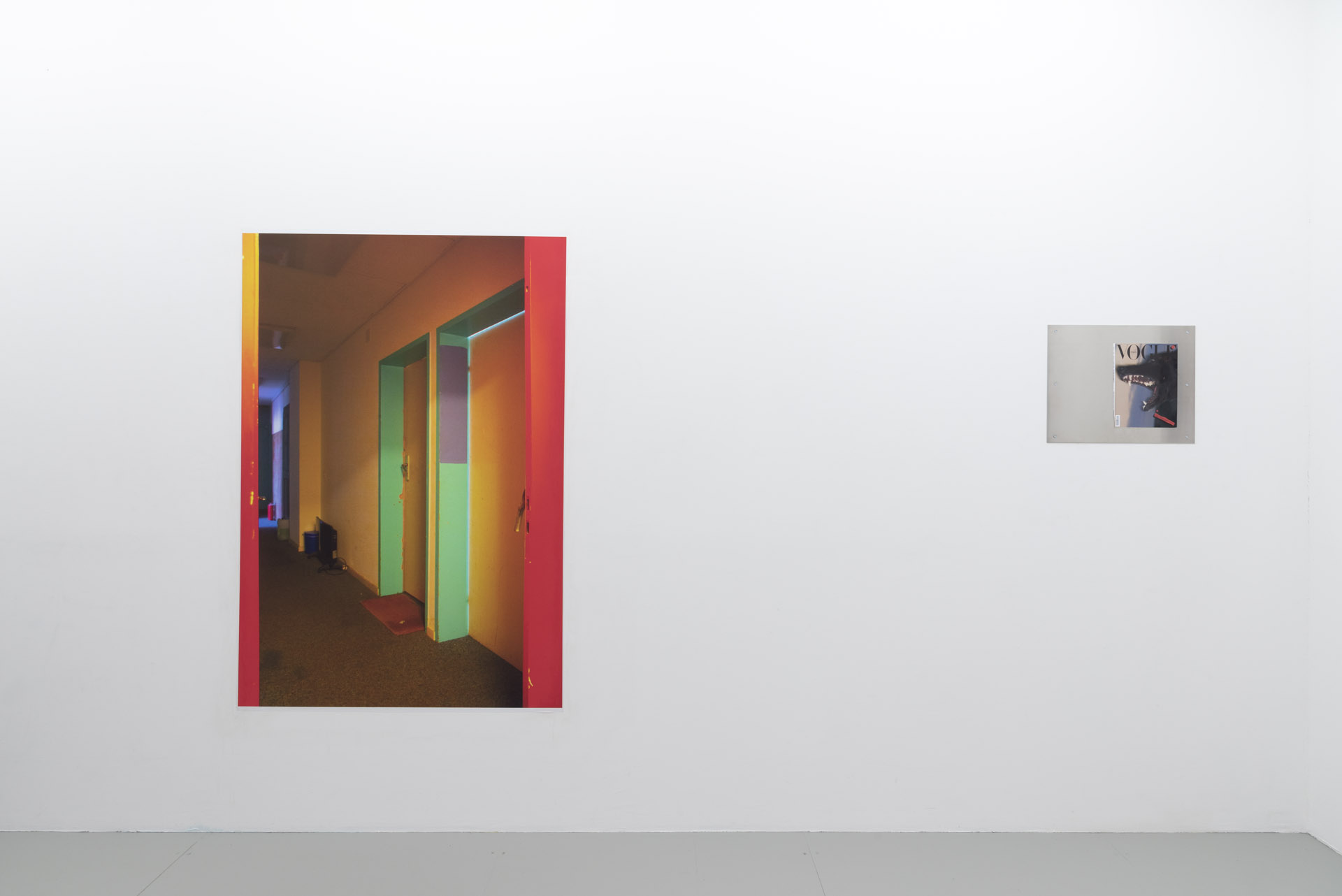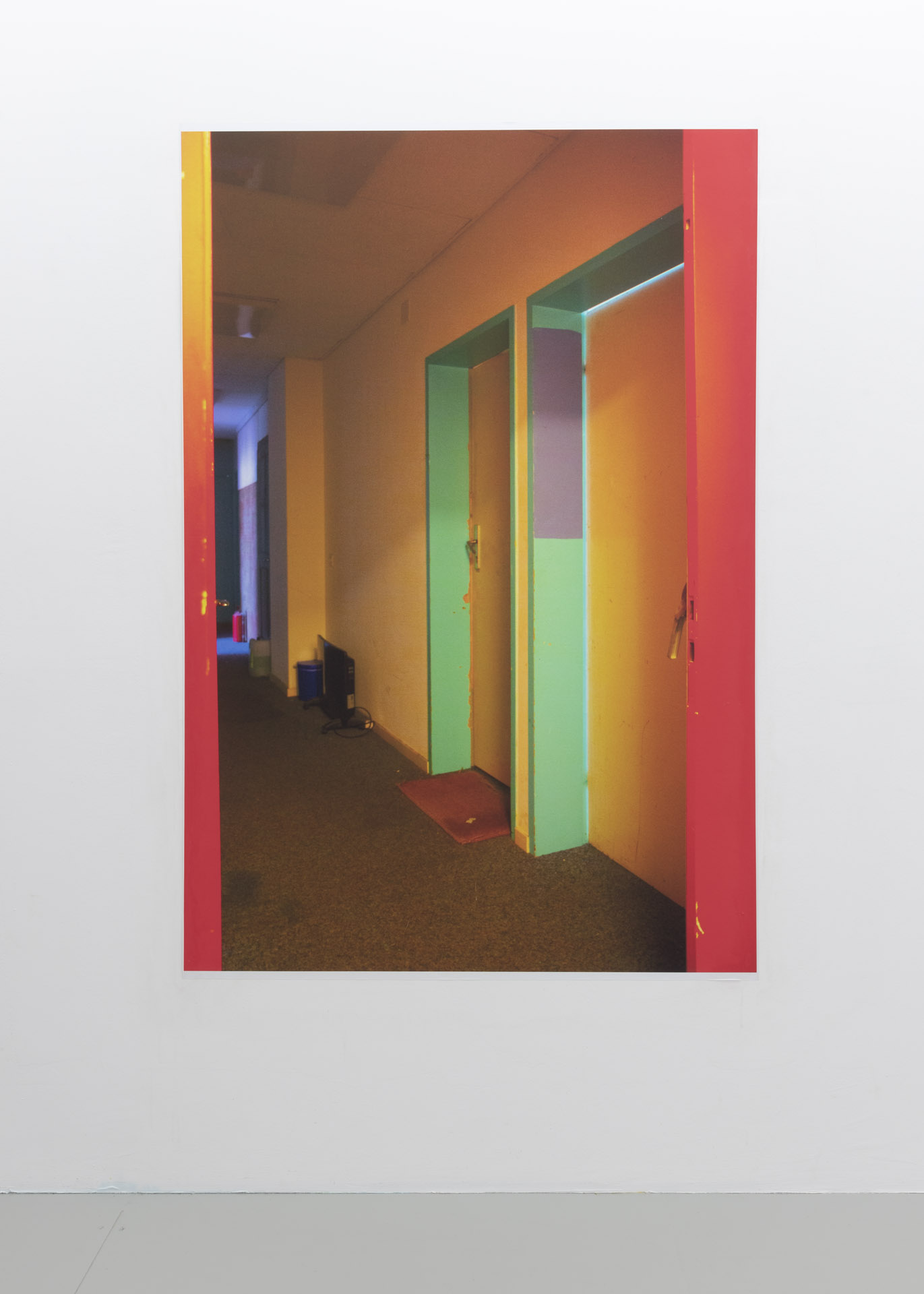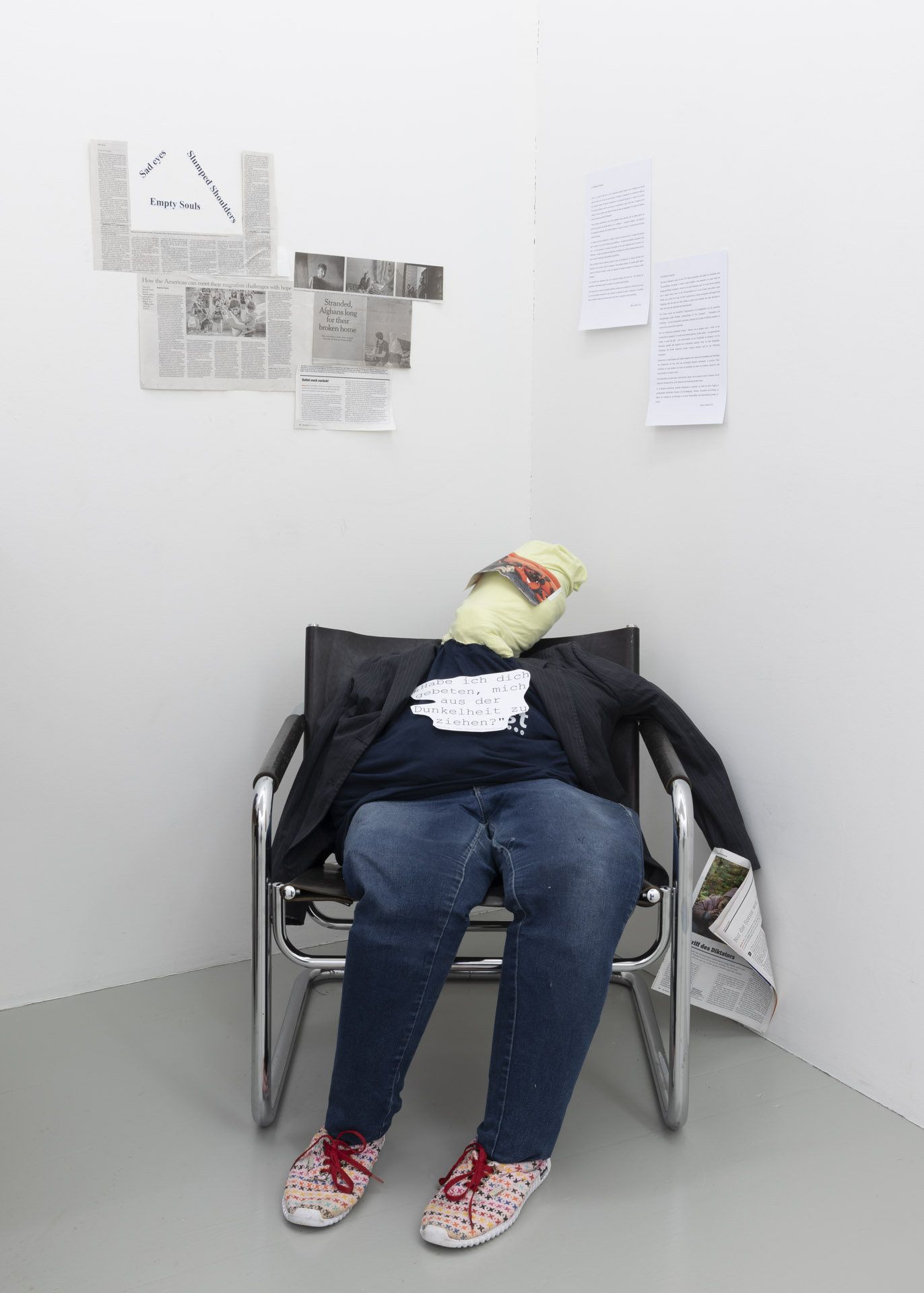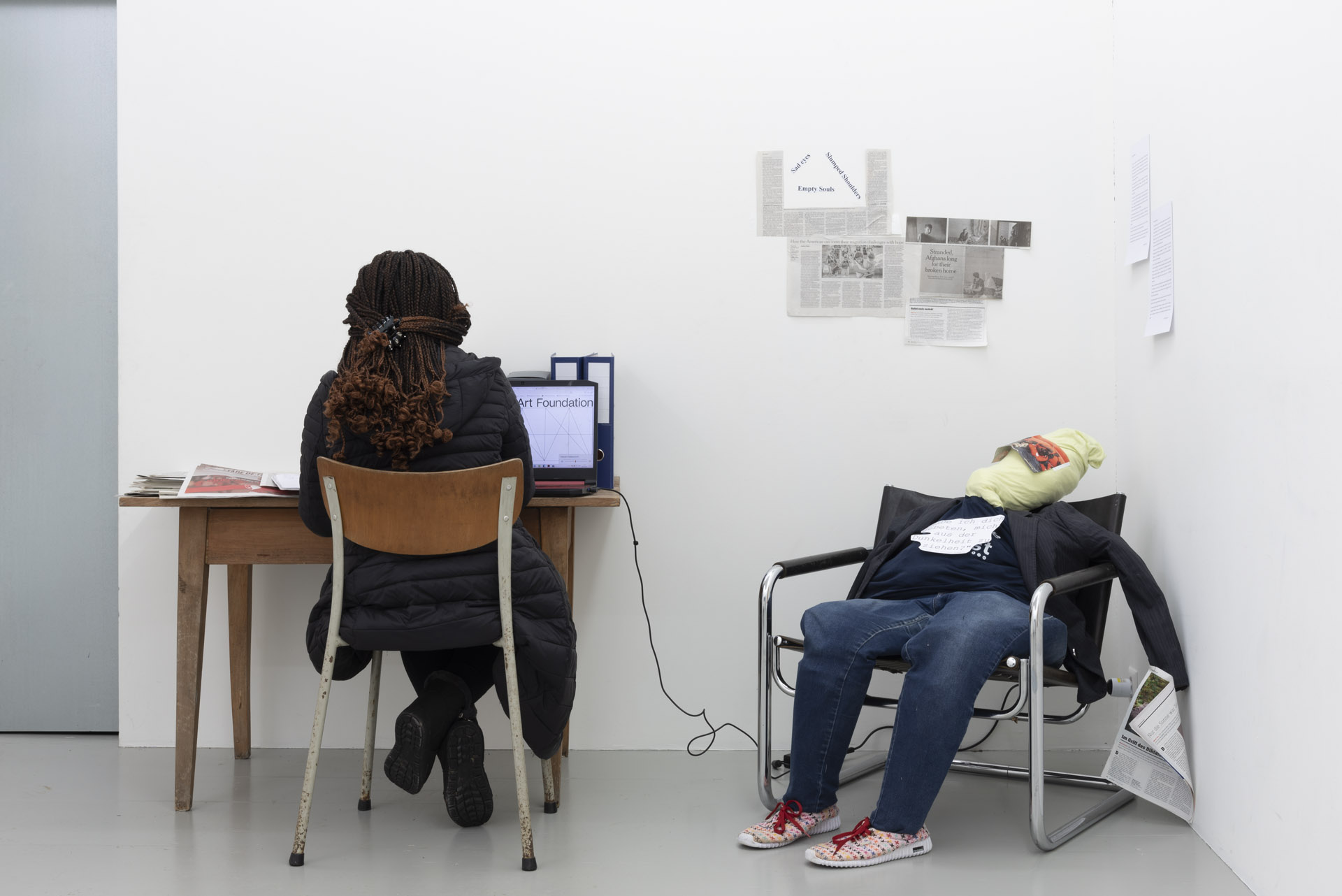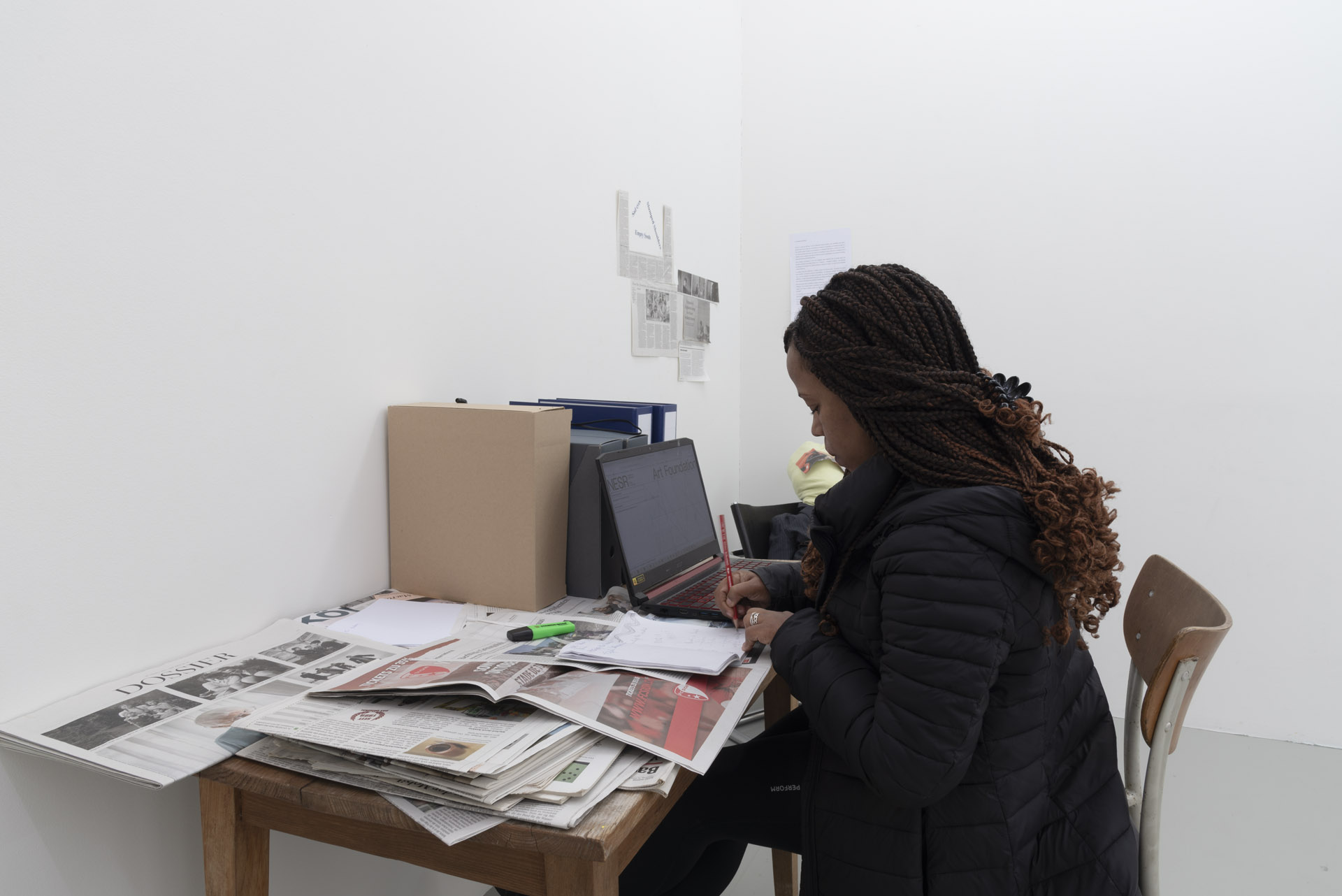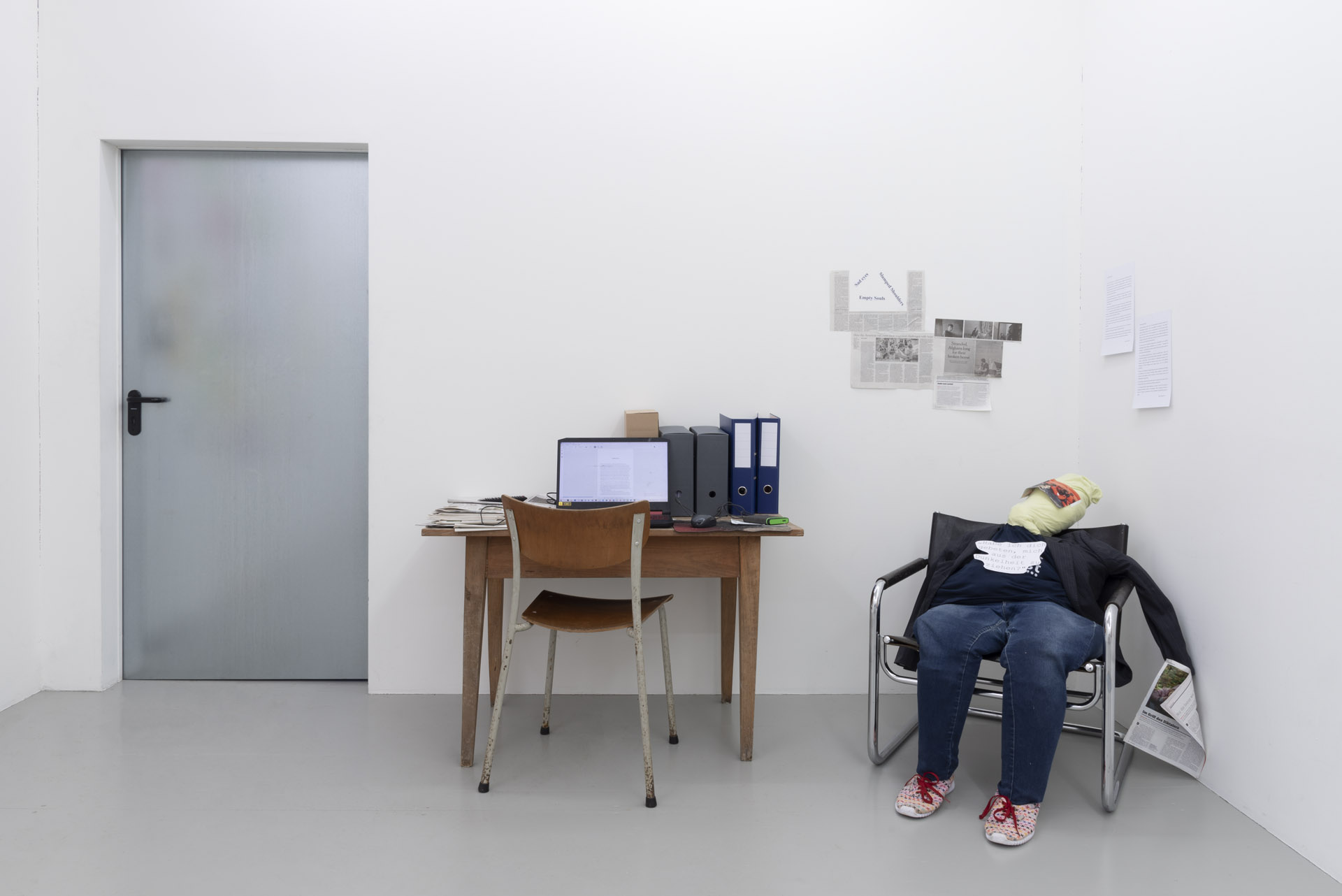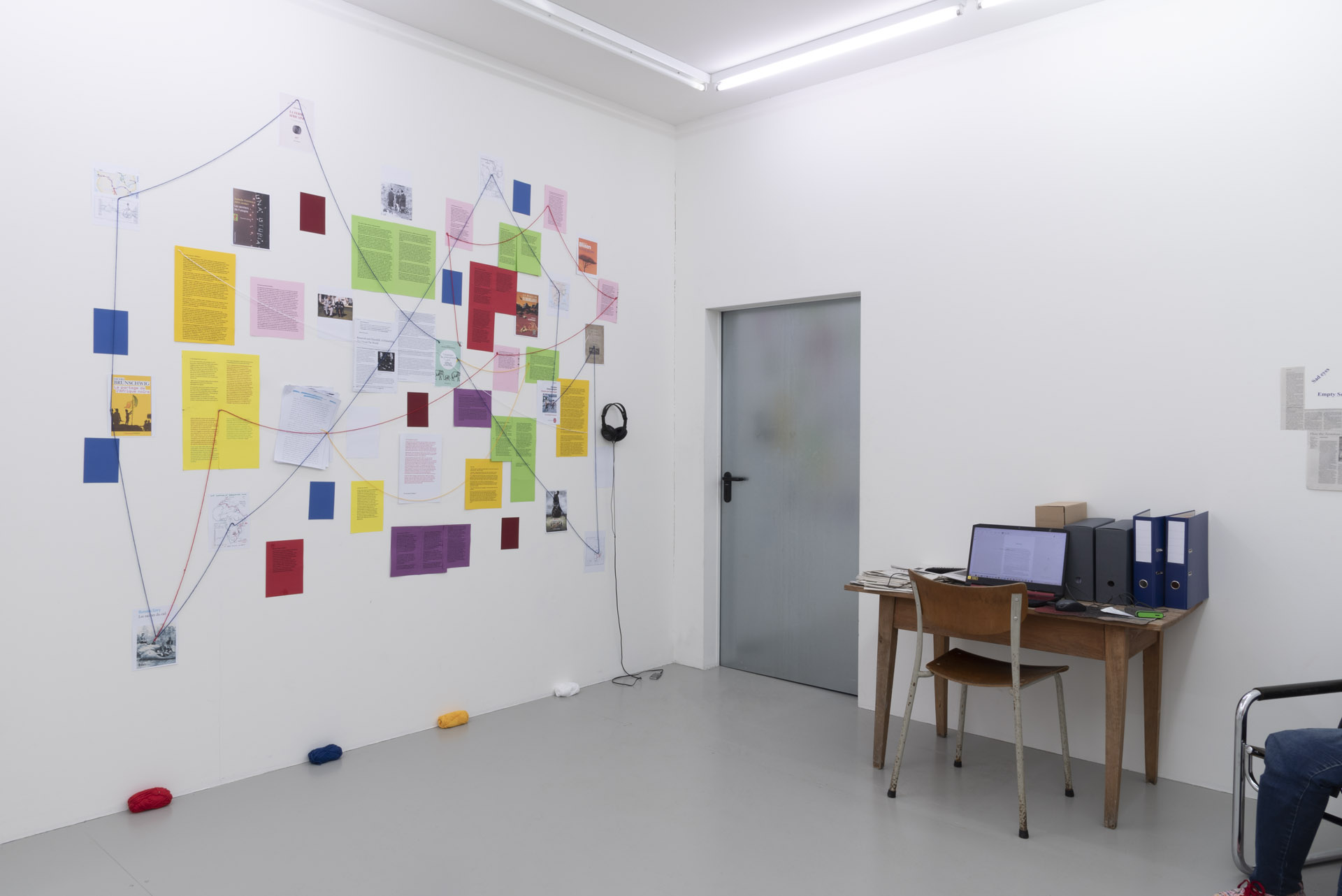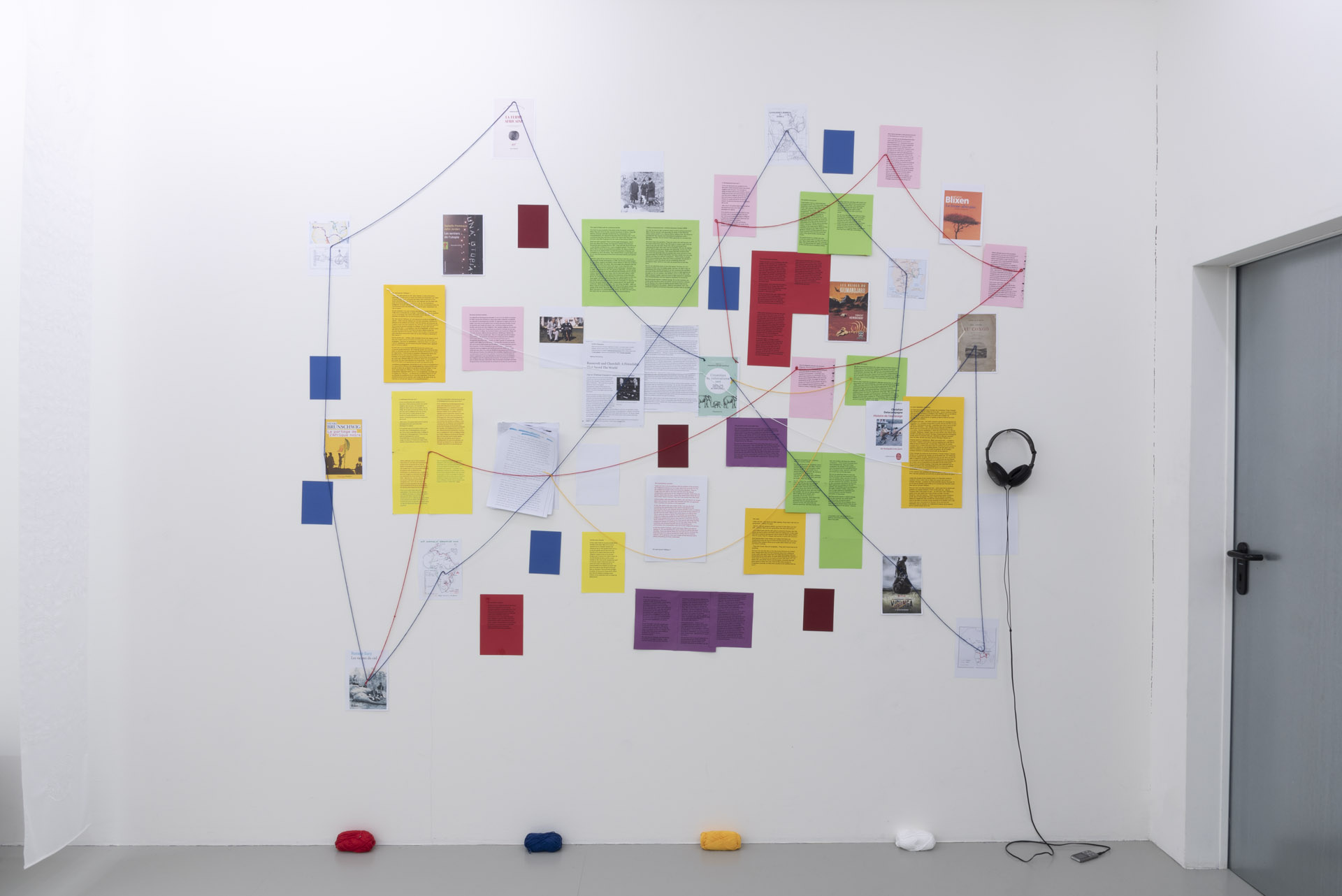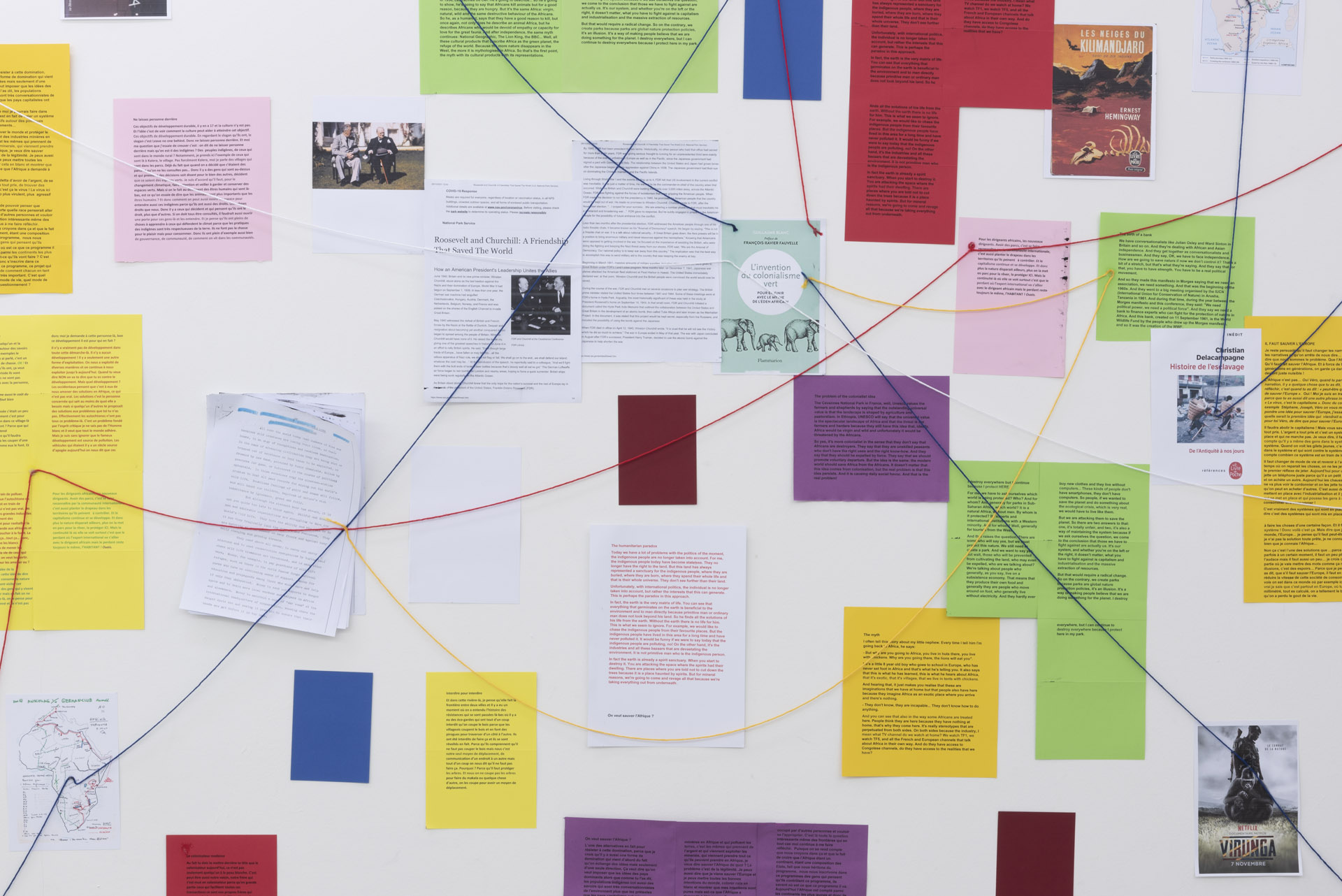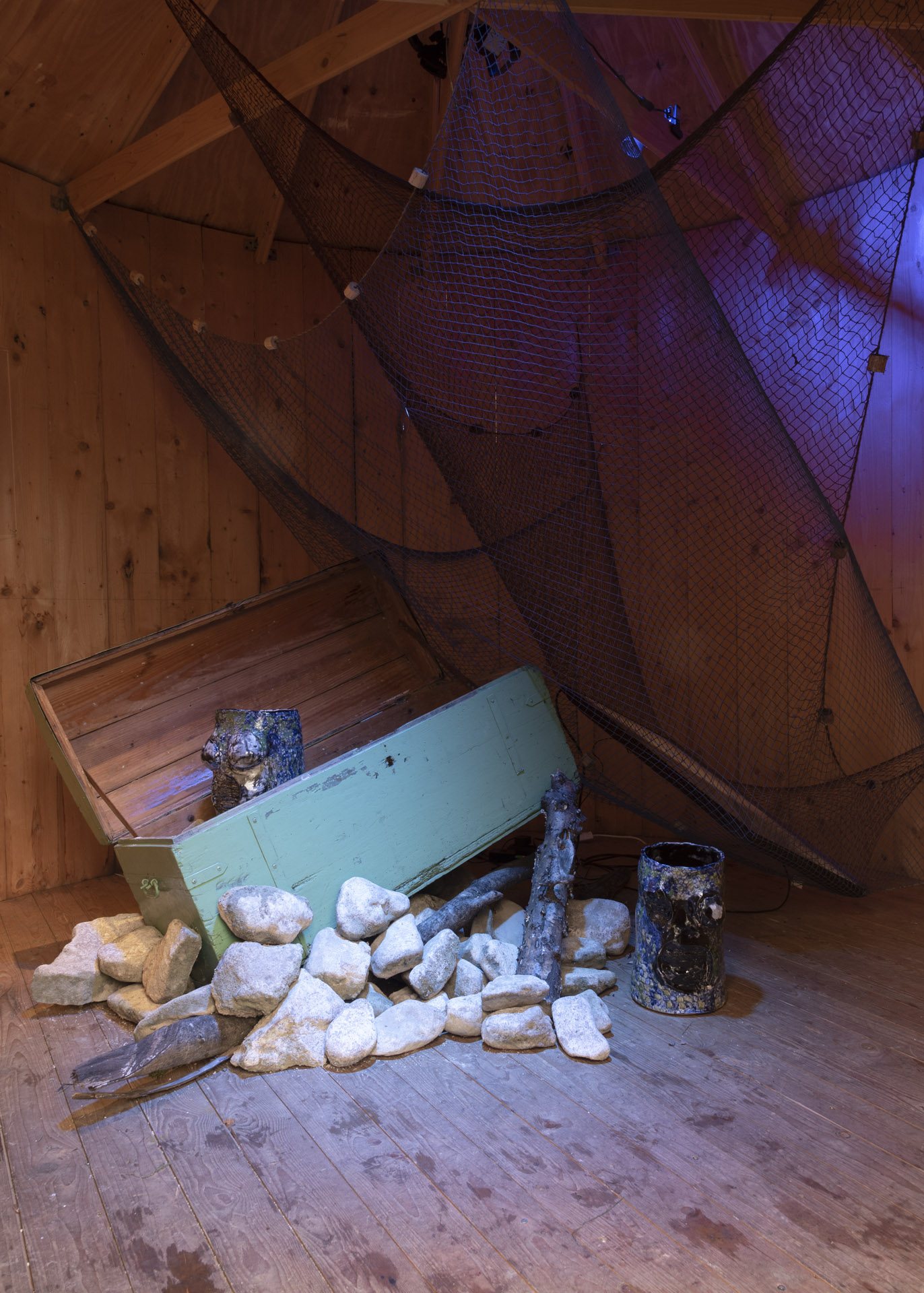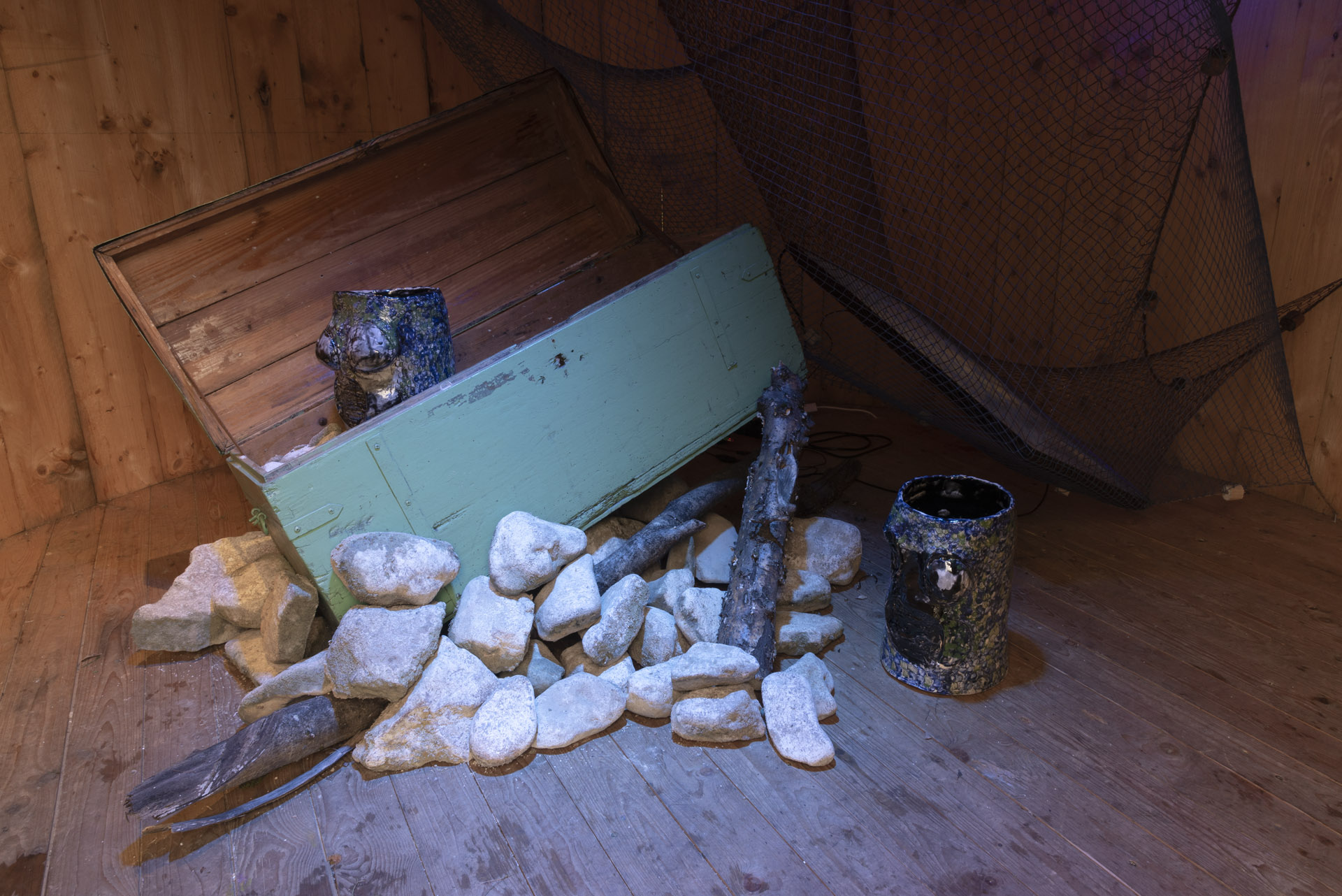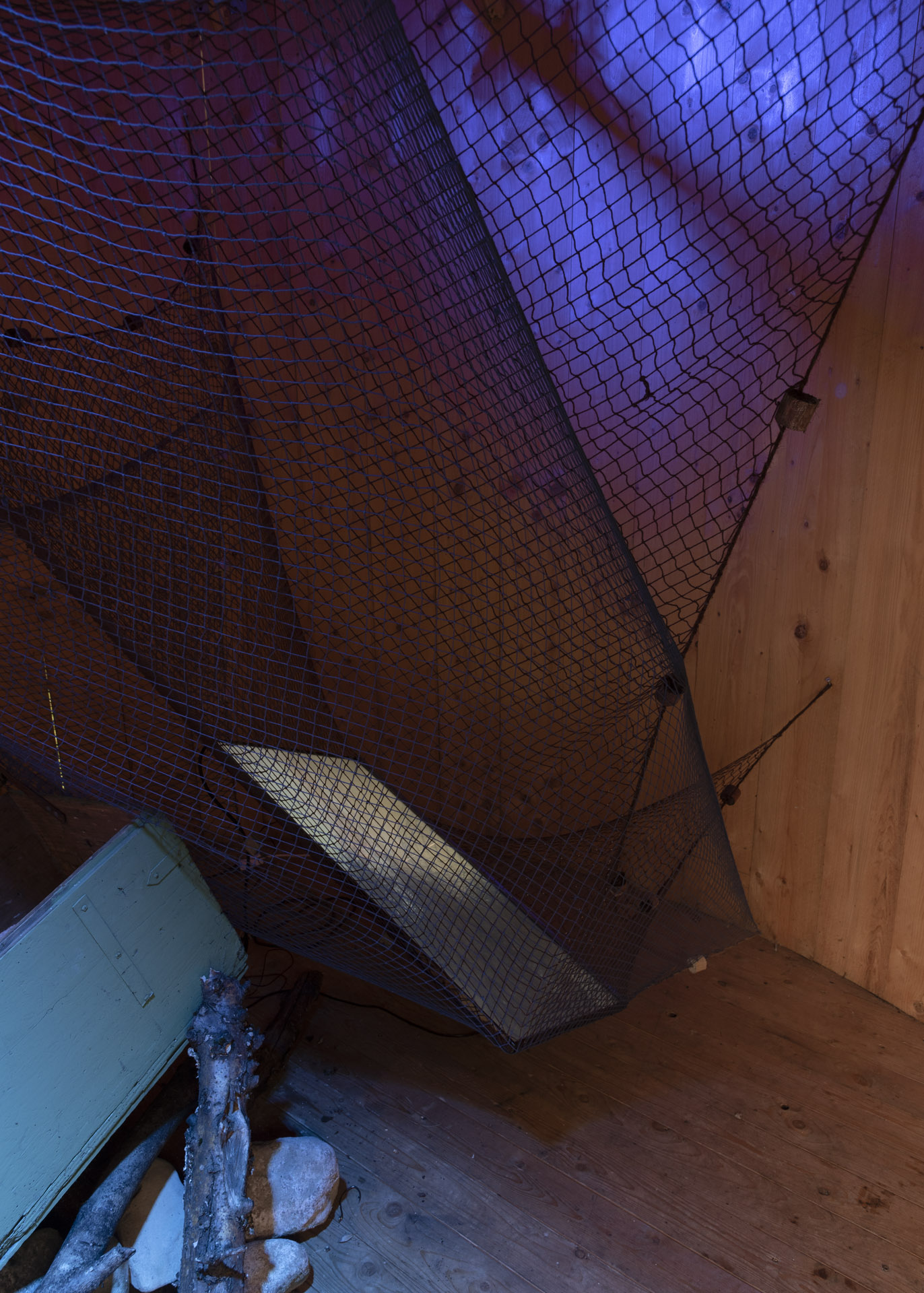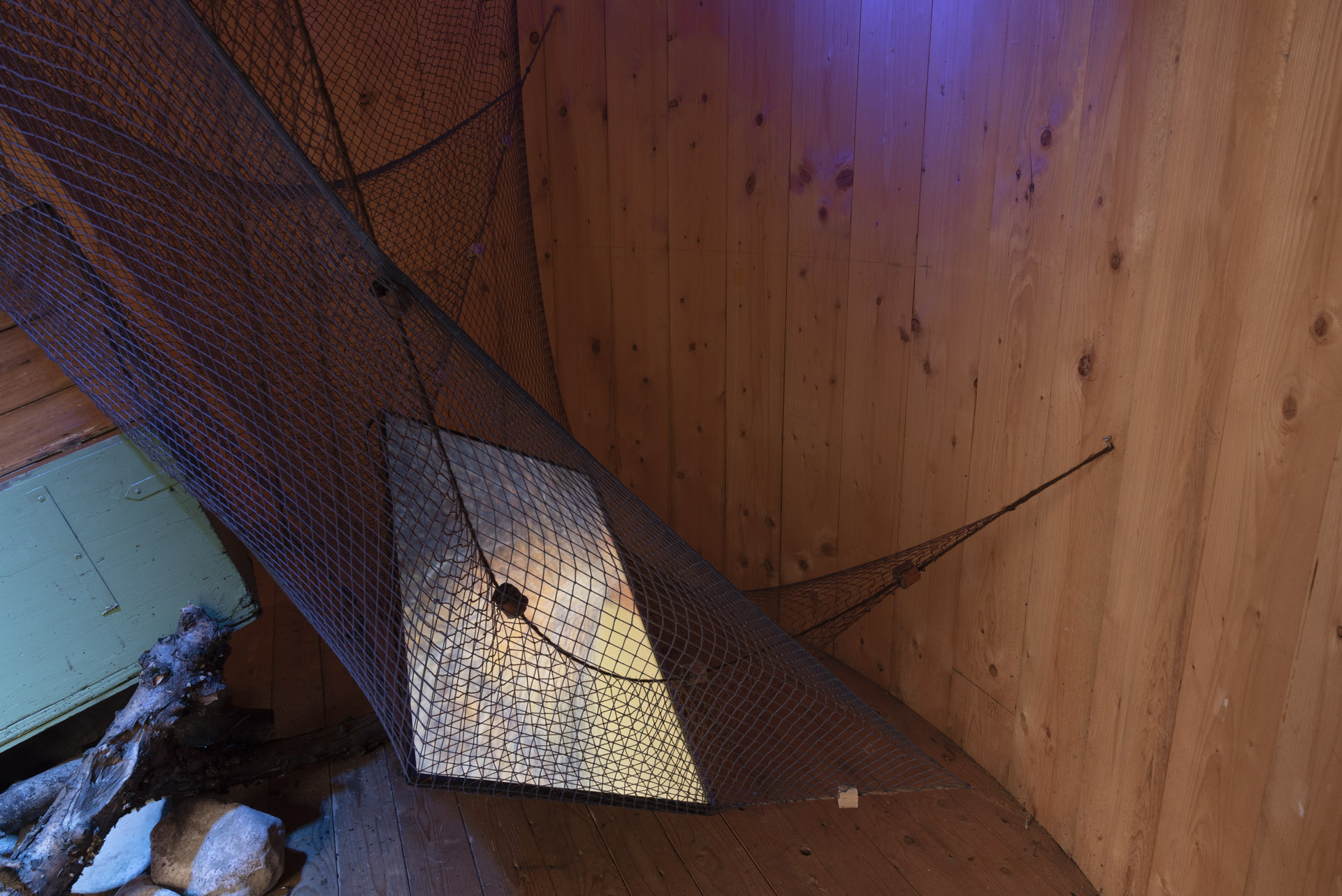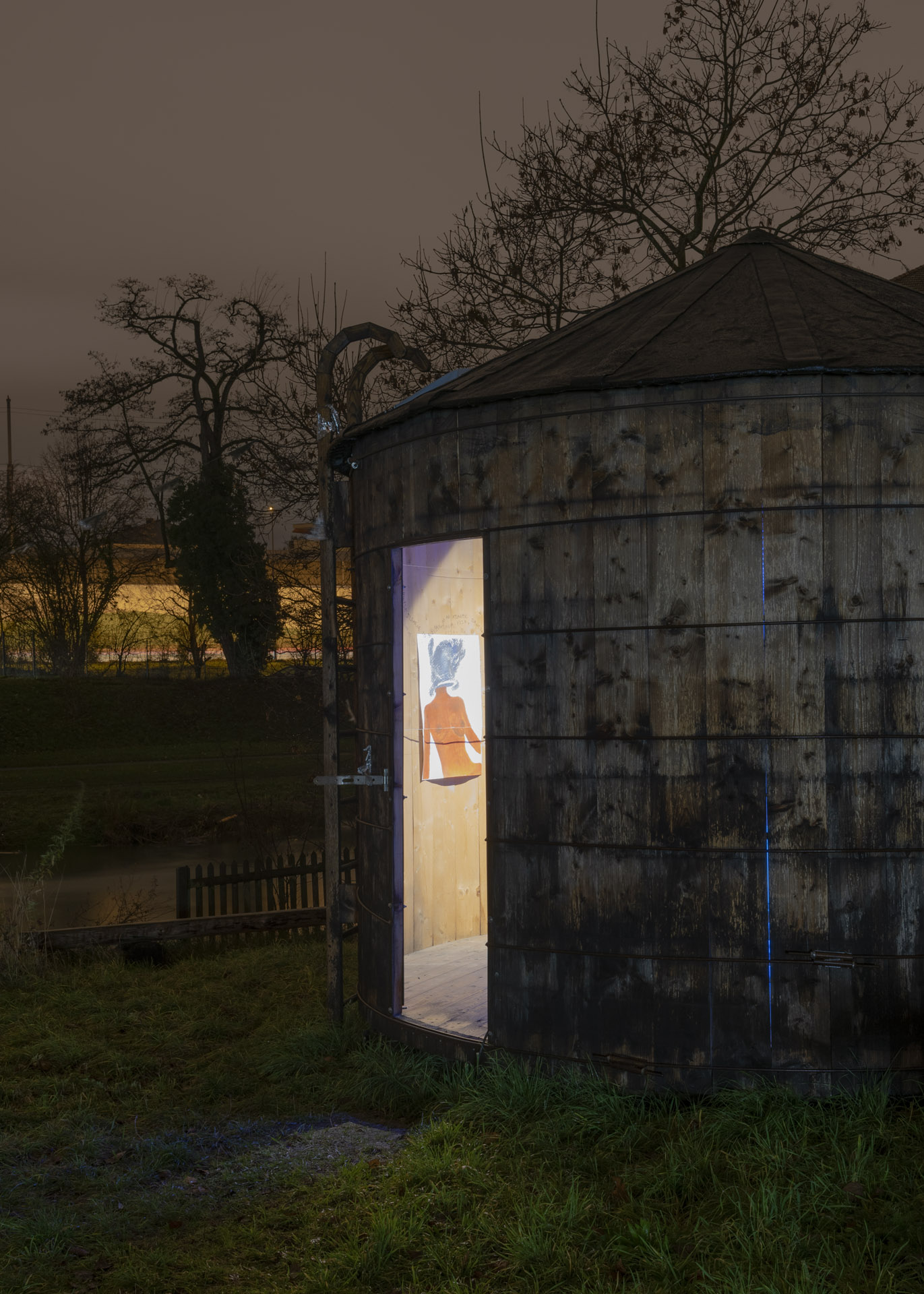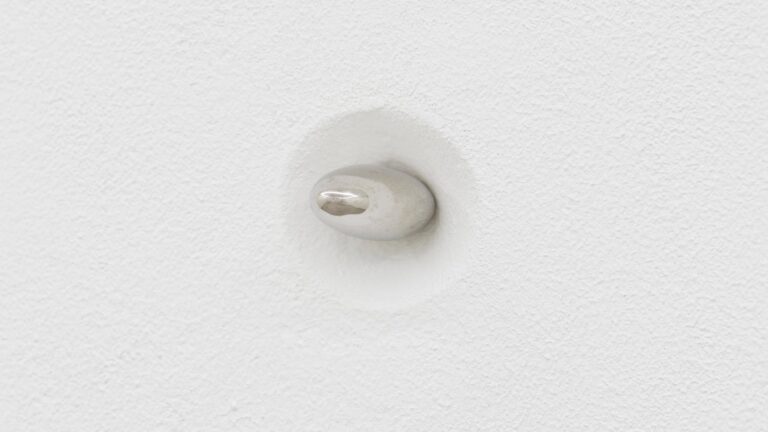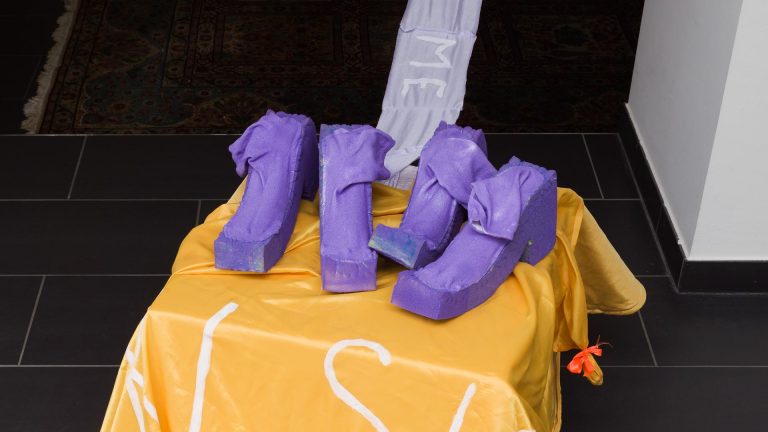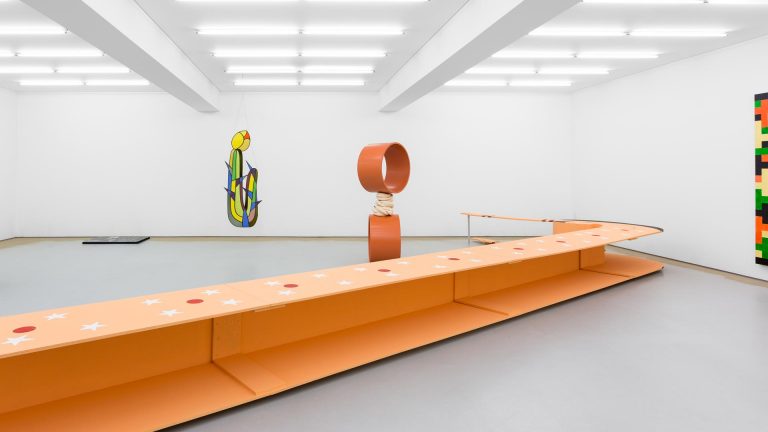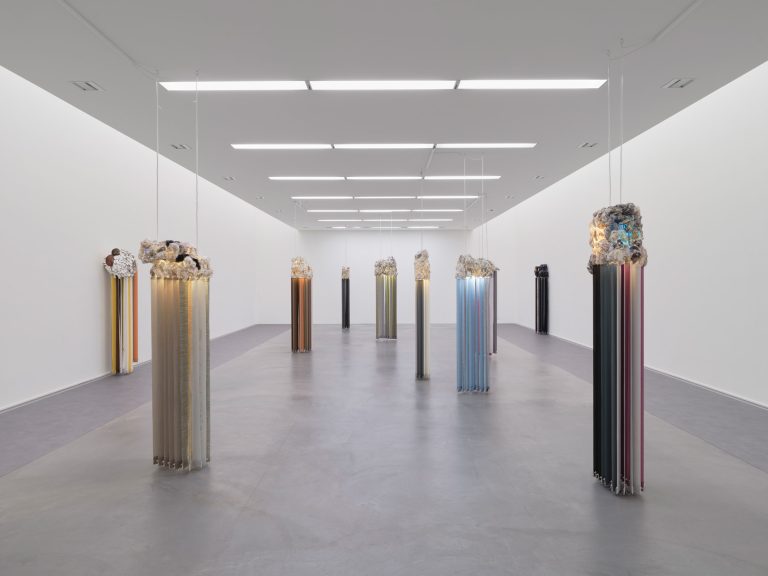Artists: Carolina Brunelli, Joseph Kasau & Stéphane Kabila, Paulo Nazareth, Maya Quilolo, Wisrah C. V. da R. Celestino, contribution by Denise Bertschi, opening concert by Orakle Ngoy
Exhibition title: Quilombo
Curated by: Samuel Leuenberger, Patrick Mudekereza and Benedikt Wyss
Presented by: SALTS, Waza art center Lubumbashi/DR Congo and Lago Mio Lugano artist residency in collaboration with Culturescapes 2021 Amazonia
Venue: SALTS, Birsfelden, Switzerland
Date: October 30, 2021 – February 10, 2022
Photography: Gunnar Meier Photography / Courtesy: SALTS & the Artists
SALTS (CH), Waza art center Lubumbashi (DR Congo), and Lago Mio Lugano artist residency (CH), in collaboration with Culturescapes 2021 Amazonia, are delighted to announce the exhibition opening of «Quilombo» at City SALTS:
City SALTS, Basel/Birsfelden
Saturday, 30 October 2021, 4–7 pm
QUILOMBO – TRI-CONTINENTAL RESEARCH & EXHIBITION PROJECT
Exhibition: 31 October – 10 December 2021
Carolina Brunelli, Joseph Kasau & Stéphane Kabila, Paulo Nazareth, Maya Quilolo, Wisrah C. V. da R. Celestino. With a contribution by Denise Bertschi. Opening concert by Orakle Ngoy.
The coalition-based tri-continental research and exhibition project involves the artists Carolina Brunelli (CH/BRA), Joseph Kasau (with Stéphane Kabila, DRC), Paulo Nazareth (BRA), Maya Quilolo (BRA), and Wisrah Villefort (BRA). The exhibition is curated by Samuel Leuenberger, Patrick Mudekereza and Benedikt Wyss. It includes a contribution by Denise Bertschi (CH) and opens with a concert by Orakle Ngoy (DRC). «Quilombo» comprised residencies in Lugano (Lago Mio artist residency) and Basel (Atelier Mondial – International arts exchange program), and a workshop with the Centre for African Studies of the University of Basel. A catalog is planned for Spring 2022 as part of the opening of the exhibition’s second itinerary at Lago Mio in Lugano.
ABOUT THE PROJECT
«Quilombo» was developed out of a personal invitation between the Swiss-based institution SALTS and the Congo-based Waza art center, in order to collaborate, exchange, and learn from each other during a full year of co-programming and co-curation. The foundation for an intensive collaboration with the artists within the project «Quilombo» is laid in the partnership with the artist residency Lago Mio Lugano on the Swiss border with Italy.
Once synonymous with escape and resistance, ‹quilombo› today stands for a Brazilian settlement of African descent. Anthropologists and historians meanwhile have arrived at a new understanding of these rural communities, calling for a broader definition: Regardless of their specific history, quilombos share collective identities and notions, linking them to their African roots and making them fight common battles as people in DRC, Switzerland or anywhere else: against capitalism and racism, and for the equitable distribution of resources.
The project «Quilombo» attempts to build on the idea of a «Black Atlantic», coined by British-Guyanese historian and writer Paul Gilroy in 1993 as a «Counterculture of Modernity» in the relations between Africa, the Americas, and Europe. Can we activate aesthetics sensitive to common concerns, taking advantage of the digital age’s challenges, particularly in the unexpected connectivity of our pandemic era? Social injustice has its roots in the history of exploitation of natural resources and human labor and continues to this day. How can this be undermined by an alternative reading of human relations between the three continents, imagining an ecology that empowers humanism and diversity?
ARTISTS
Maya Quilolo (BRA, physical resident in the project «Quilombo») (*1994) was born in a quilombola community in Minas Gerais. Maya graduated in Anthropology and Audiovisual in Belo Horizonte. She acts in the interchange between performance arts, visual arts, and cultural diversity – interested in multidisciplinary investigations that address the potential of the black body. Her Research explores water as an element that connects different people, countries, organisms. For the performance Ìpòrì (2019, Nigeria) she crossed the Atlantic carrying water from South American rivers to the African continent – in order to express the transatlantic relationships. Maya’s work is inspired by shamanistic techniques of the indigenous peoples from the Amazon, relating water as an element in connection with life, fertility, ancestry, the Atlantic crossing, and the diaspora.
After graduating in Information and Communication Sciences from the University of Lubumbashi, specializing in performing arts (audiovisual, cinema, and theater), Joseph Kasau (born 1995, DR Congo, resident in the project «Quilombo» in Lugano and Basel, September/October 2021) completed residencies in various cultural centers in the country and abroad. Kasau collaborates with Stéphane Kabila (born 1993, DR Congo, researcher and curator, studying in the MA Curatorial study program at the Faculty of Fine Art, Music and Design at the University of Bergen (KMD) in Norway).
Carolina Brunelli (CH/BRA, born 1988, resident in the project «Quilombo in Lugano and Basel, August–October 2021) is a Swiss artist born and raised in Rio de Janeiro, Brasil, with a Brasilian mother and a Swiss father. Carolina has developed an awareness about the importance of the untold stories of oppression and resistance of indigenous and black communities in Brasil. Her Bachelor’s graduation work (since 2020 MFA at the HGK in Basel) was a homage to all black women who lost their children.
Paulo Nazareth (BRA, non-physical resident in the project «Quilombo) was born in the city of Borun Nak [Vale do Rio Doce] Minas Gerais and is living as a global nomad. Paulo Nazareth’s work is often the result of precise and simple gestures, which bring about broader ramifications, raising awareness to press issues of immigration, racialization, globalization colonialism, and its effects in the production and consumption of art in his native Brazil and the Global South. While his work may manifest in video, photography, and found objects, his strongest medium may be cultivating relationships with people he encounters on the road — particularly those who must remain invisible due to their legal status or those who are repressed by governmental authorities. In certain aspects, Nazareth deliberately embodies the romantic ideal of the wandering artist in search of himself and universal truths, to unveil stereotyped assumptions about national identity, cultural history, and human value.
Wisrah C. V. da R. Celestino (Buritizeiro, 1989) is a mixed-race individual with African, Indigenous Brazilian, and European roots. Currently, they live and work in São Paulo, Brazil. Within their work, the artist incorporates sound, sculpture, text, photography, score, instruction, and video in installations, mixed and hypermedia pieces exploring the relationship between the concepts of nature and capital. In their more recent online work, EEE (2021), Villefort relocated an existing map that allows the visitor to track the geolocation of many vessels around the world to conceive a hypermedia work that addresses the flux of commodities that once started with the colonization of where is now called the Americas. During the «Quilombo» Project, Wisrah focused on their ongoing research towards the colonial structures that still to this day inform some of the dynamics of communities made vulnerable, human and non-human.
Denise Bertschi (CH, born in 1983, Aarau) is an artist-researcher and lives and works in Switzerland. She is currently a doctoral candidate at EPFL Lausanne in collaboration with HEAD–Genève, where she works at the intersection of artistic research and Swiss colonial history. She completed her MA in Visual Arts at HEAD-Genève and her BA at ZHdK Zurich. Various project contributions from Pro Helvetia and the Aargauer Kuratorium funded her artistic research. Currently, she is in an artist residency at LA BECQUE end of 2021. In 2017–2018, Denise Bertschi spent several months in Johannesburg on a Pro Helvetia residency grant and four months on a commissioned research trip to Bahia, Brazil.
Orakle Ngoy (DR Congo) is one of the rare female voices of Congolese hip hop. In her texts, she highlights the realities of life in the Democratic Republic of Congo and retells them from the special perspective of women. She raps about sexism and gender discrimination and appeals to respect for African women in general and Congolese women in particular.
«Quilombo» is presented in collaboration with the multidisciplinary biennial festival Culturescapes that, in 2021, is focused on Amazonia. The project is kindly supported by kulturelles.bl, Pro Helvetia Südafrika, Temperatio, Cantone Ticino, Città di Lugano and La Mobiliare.


